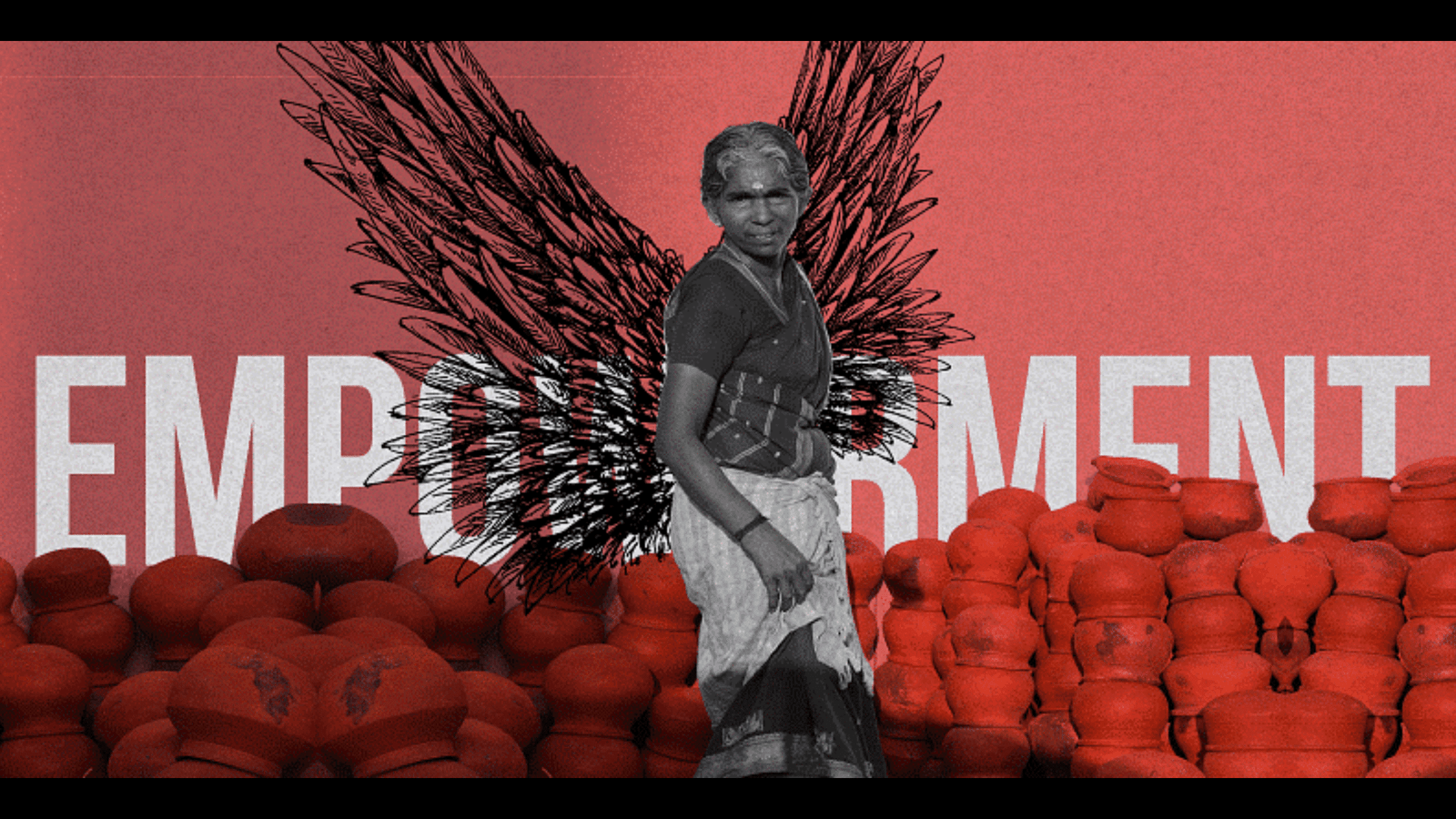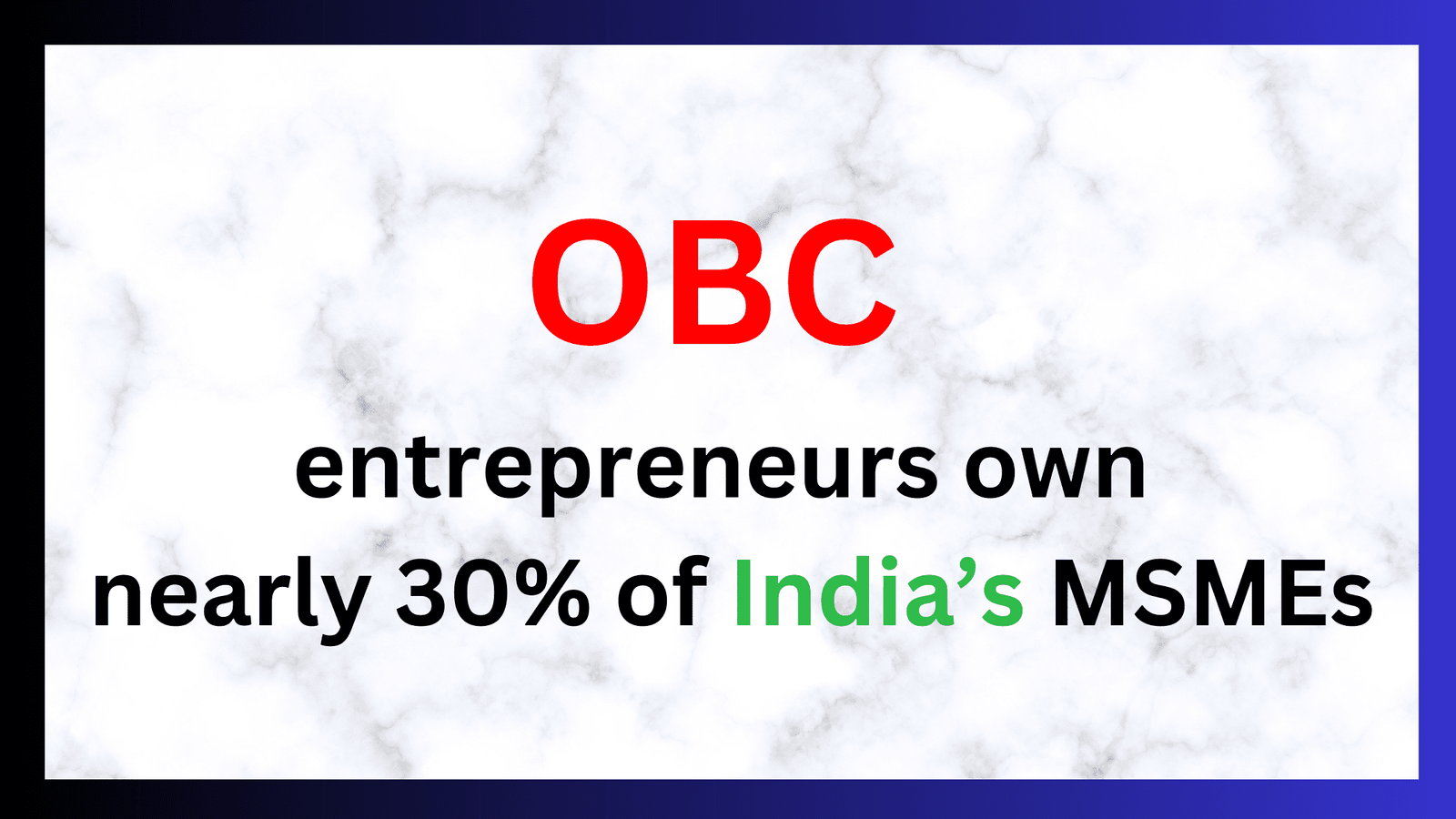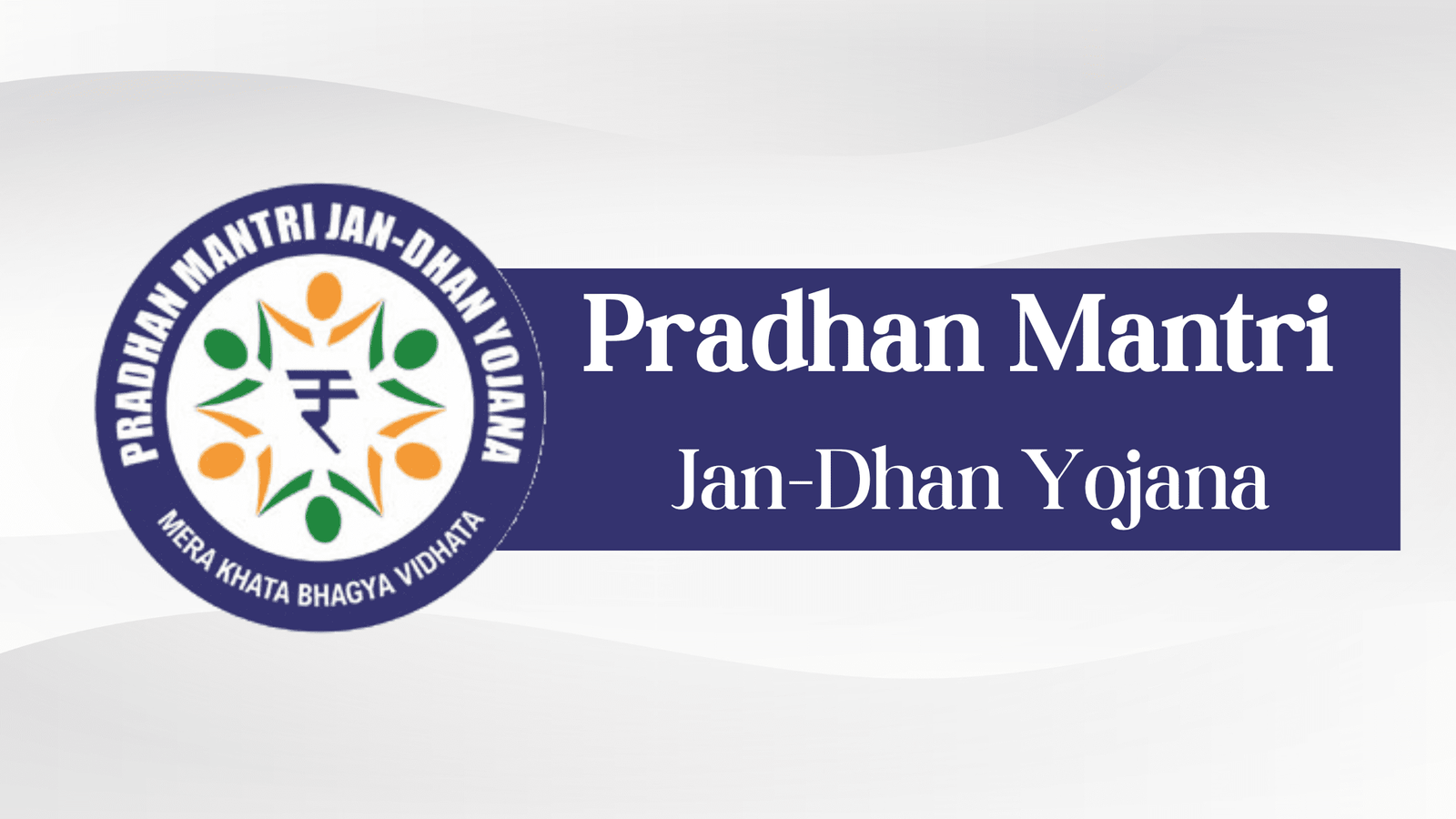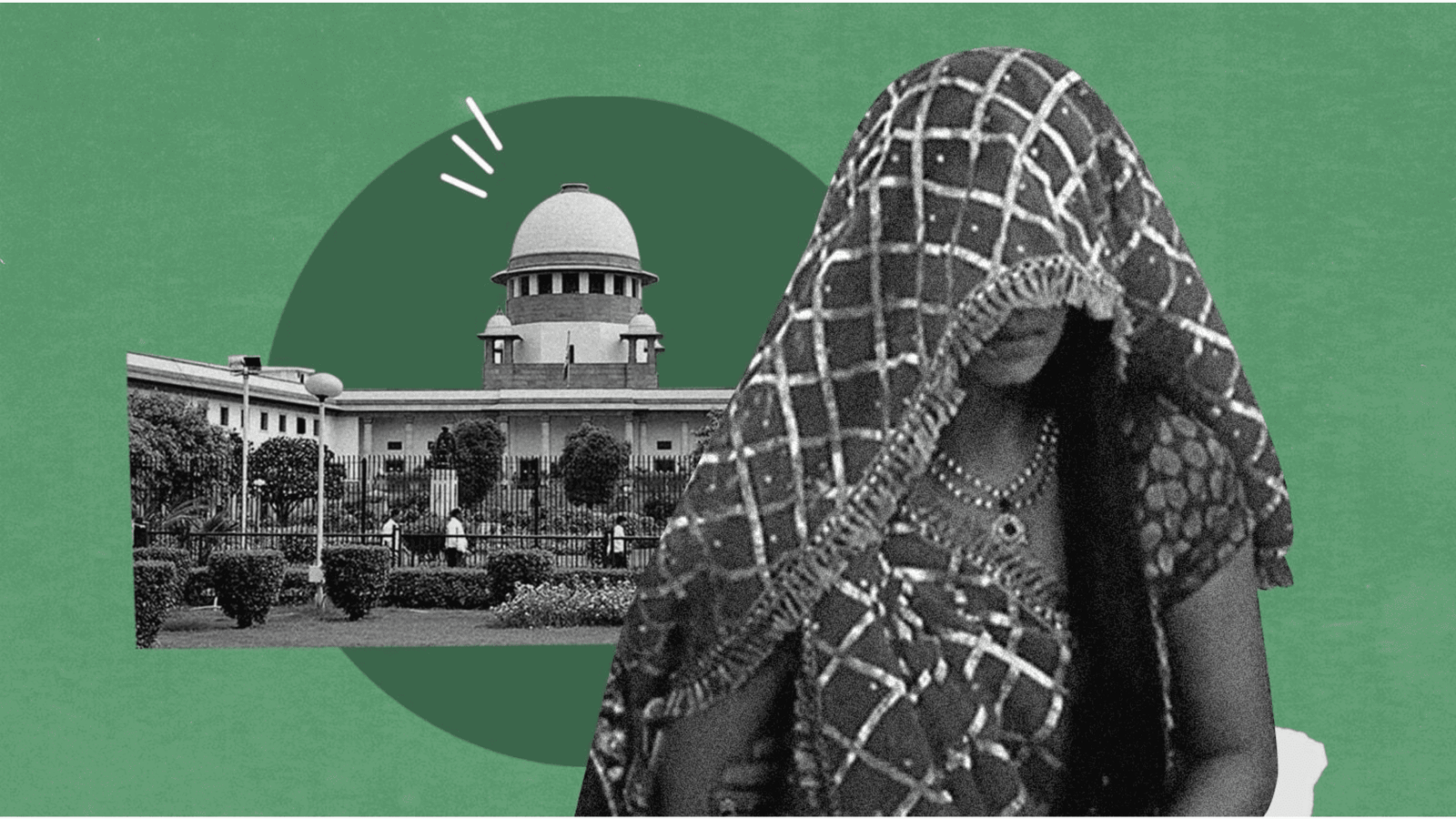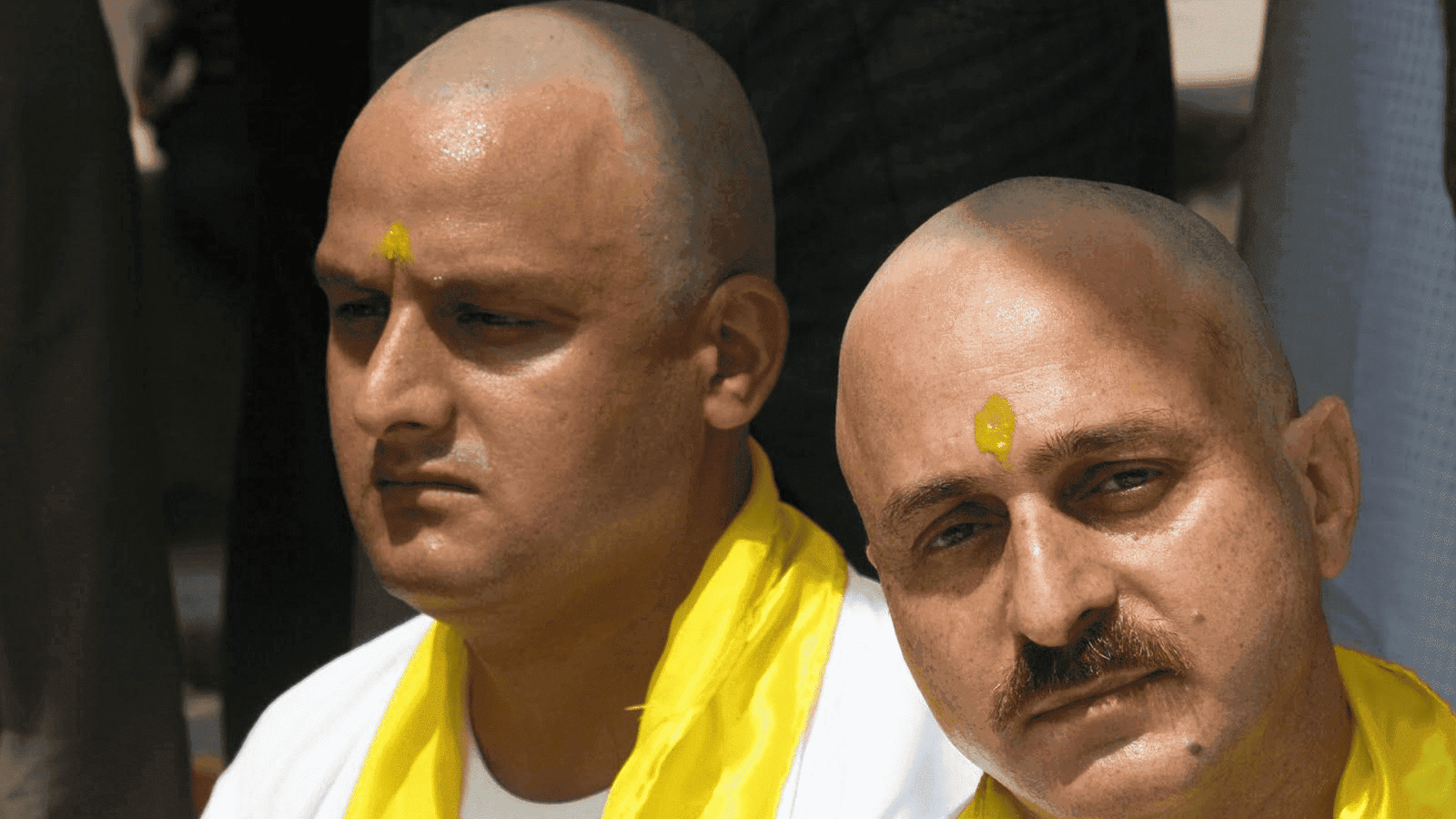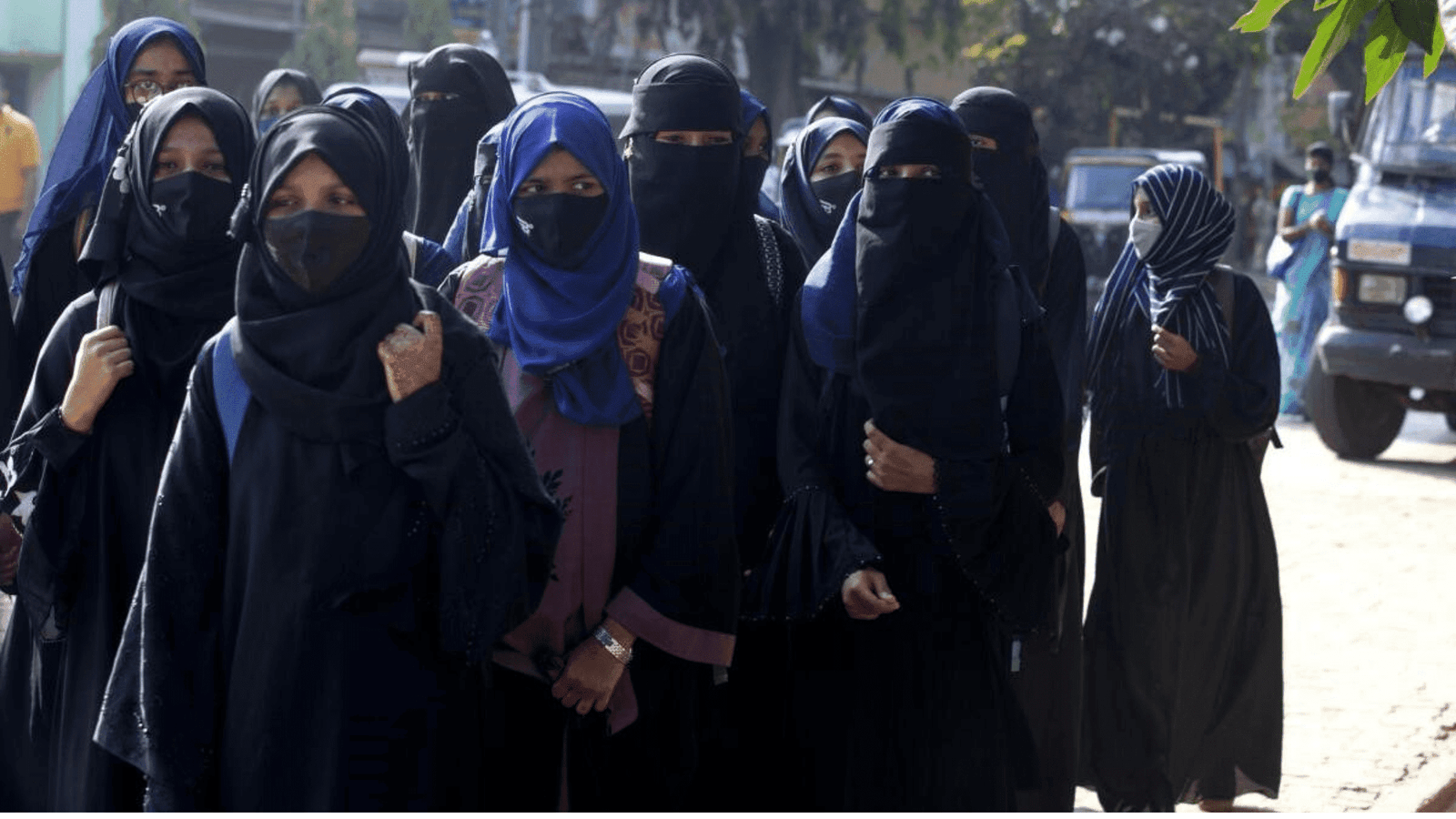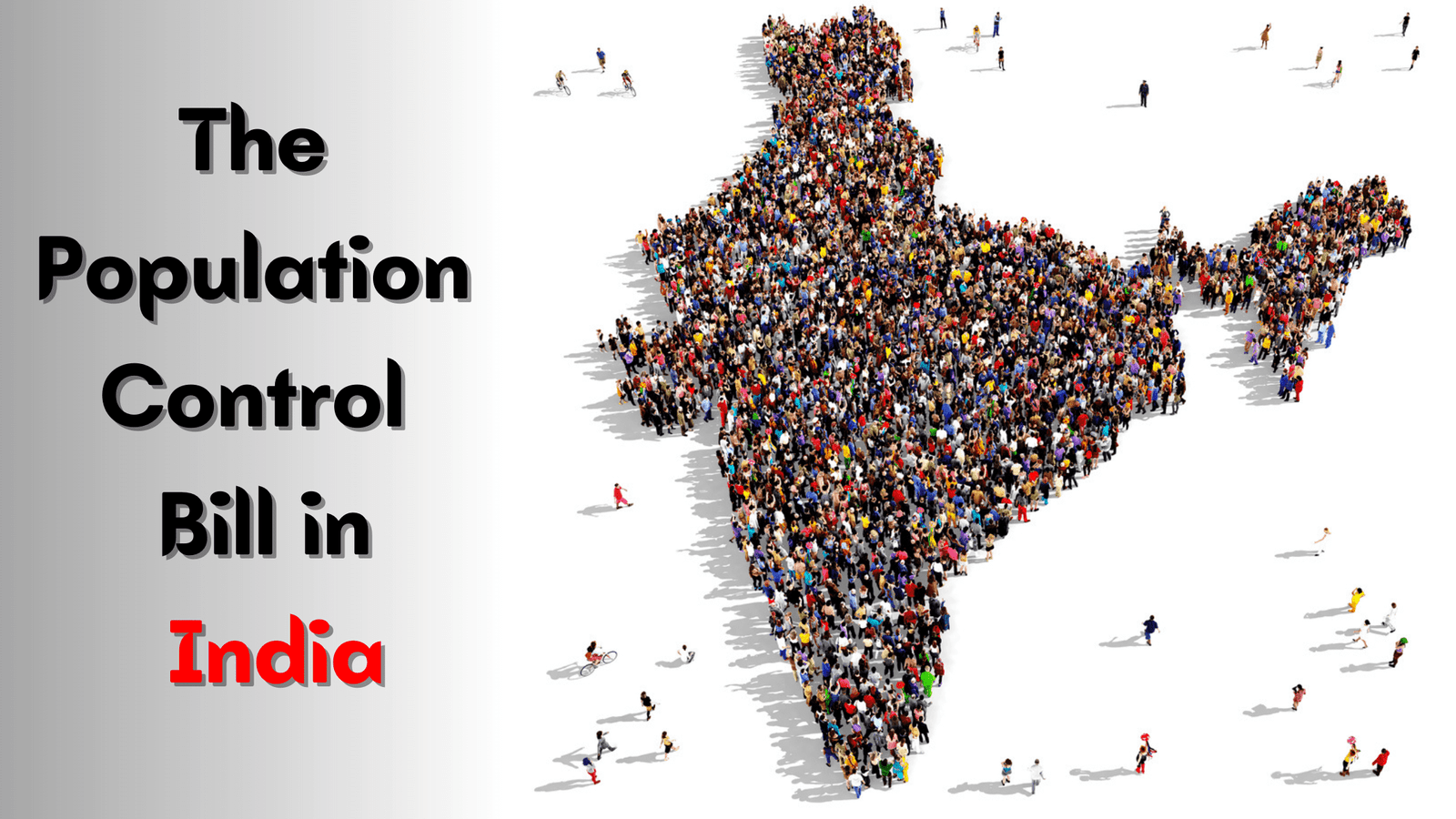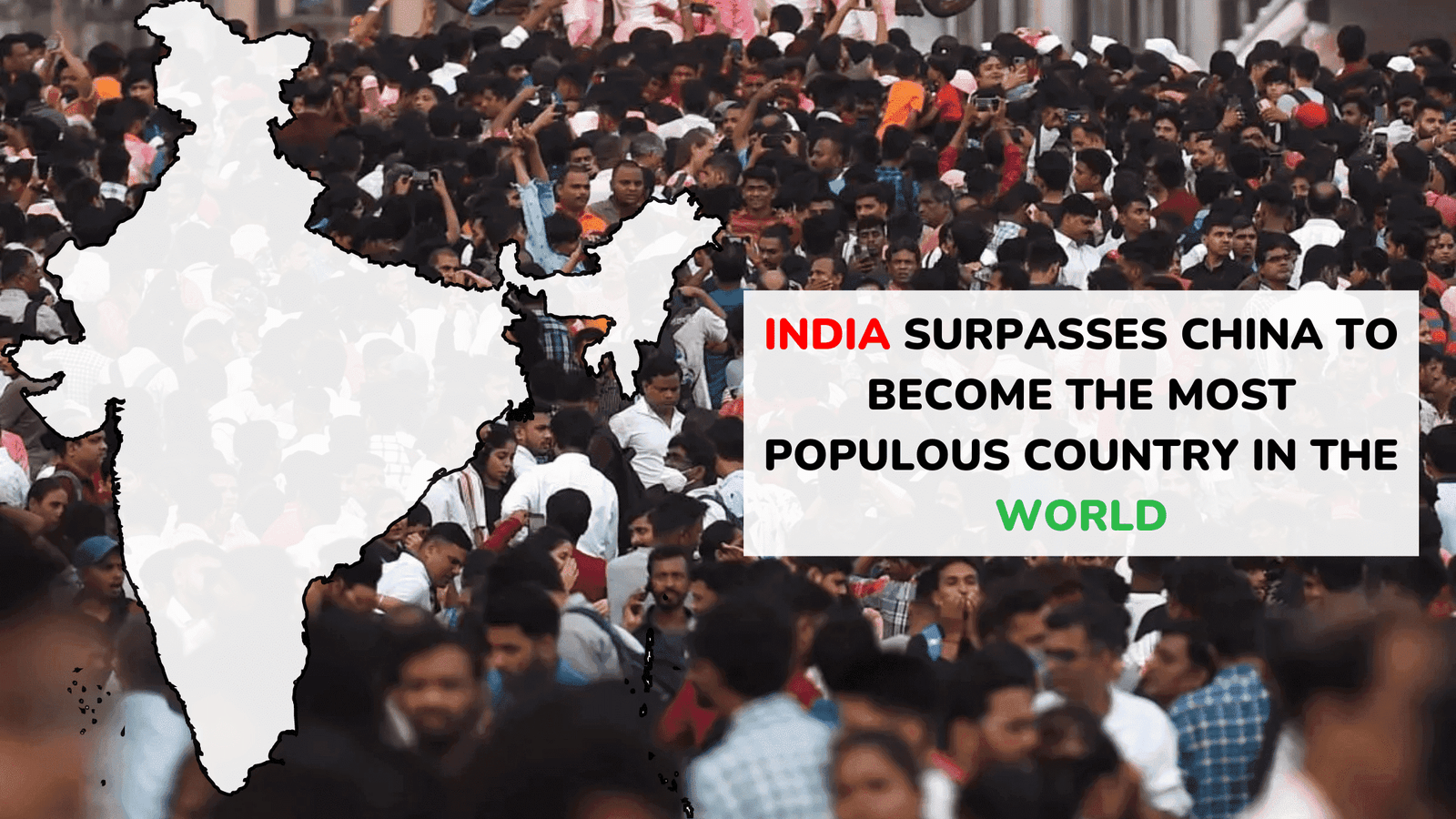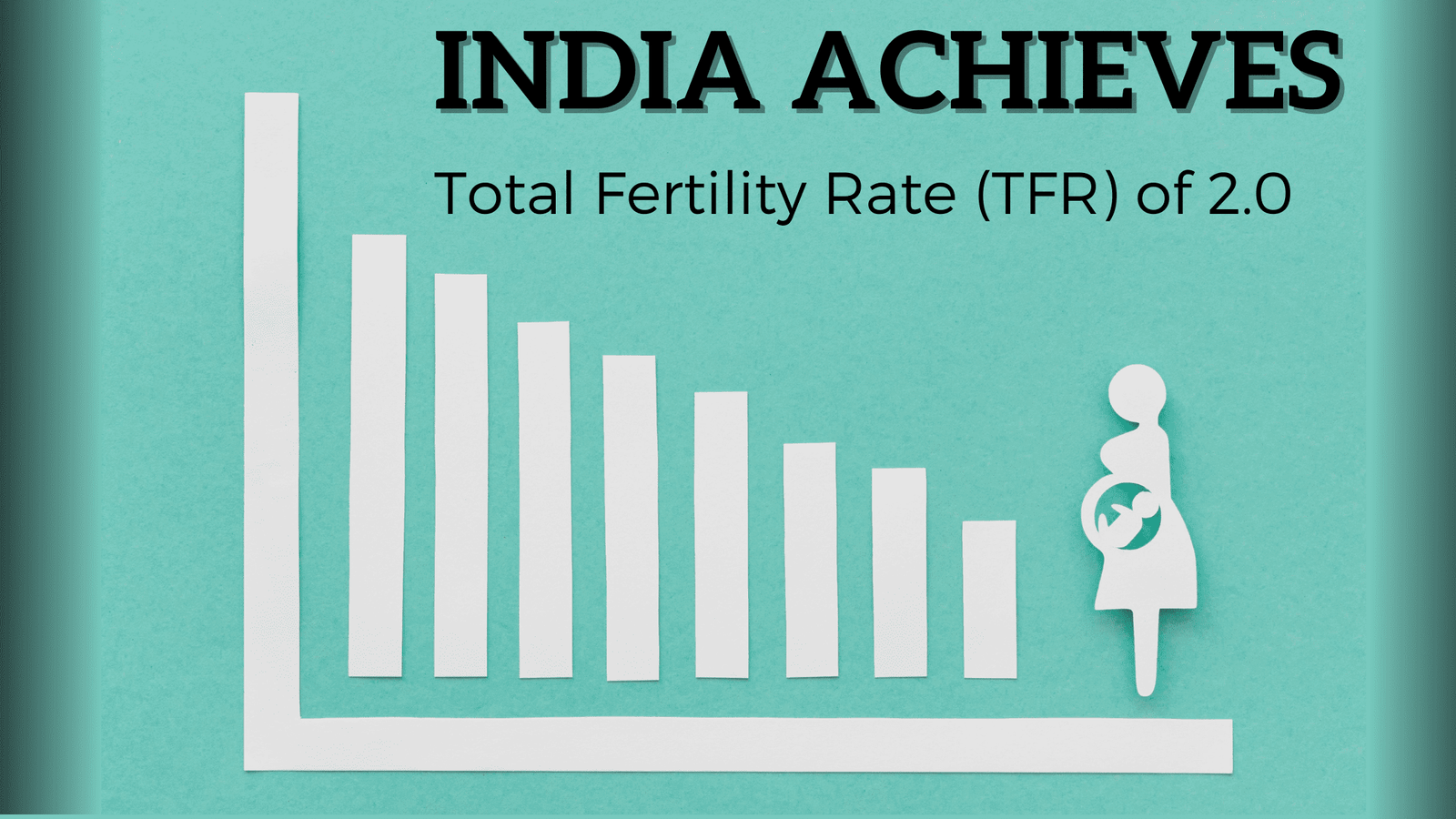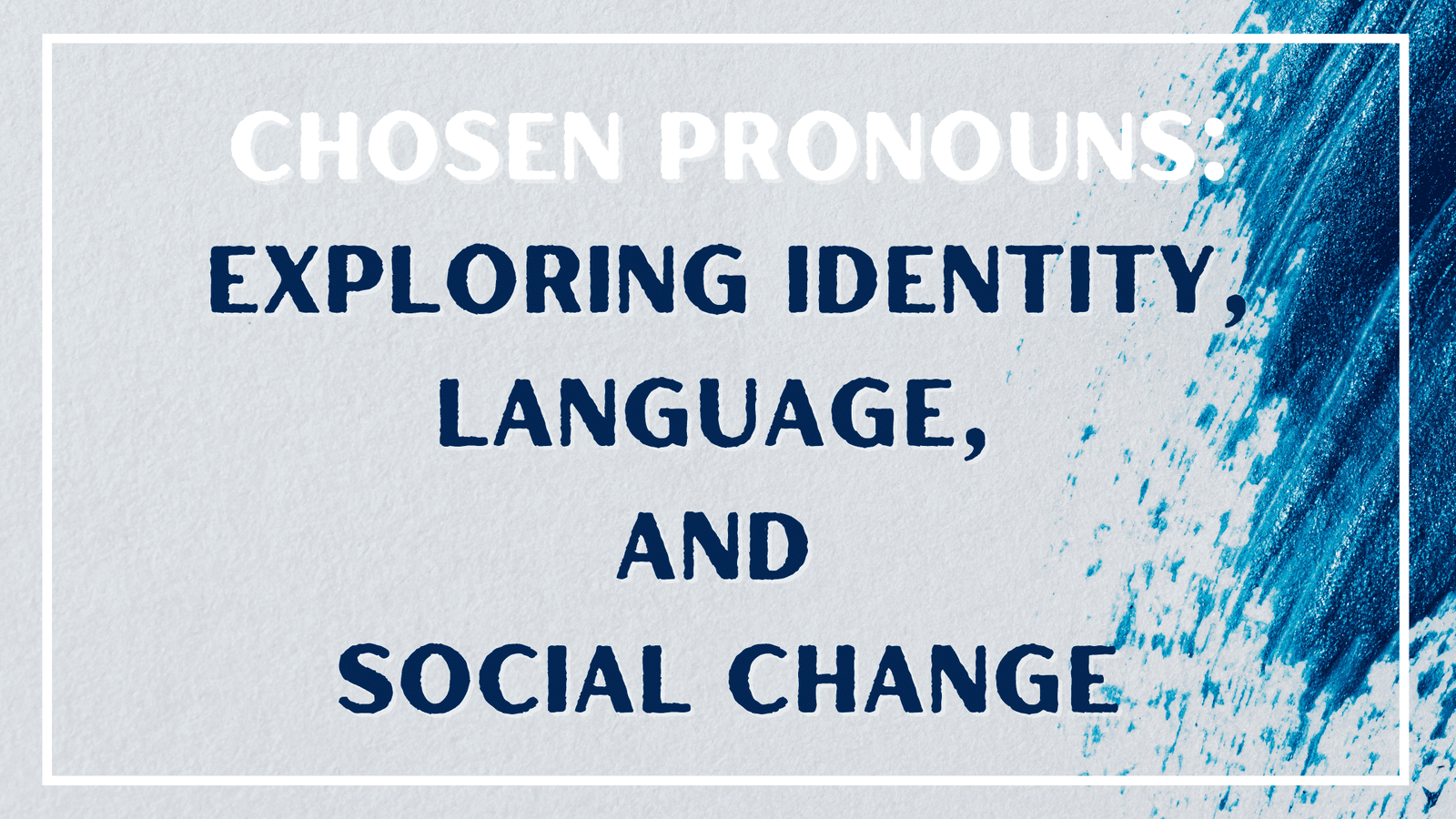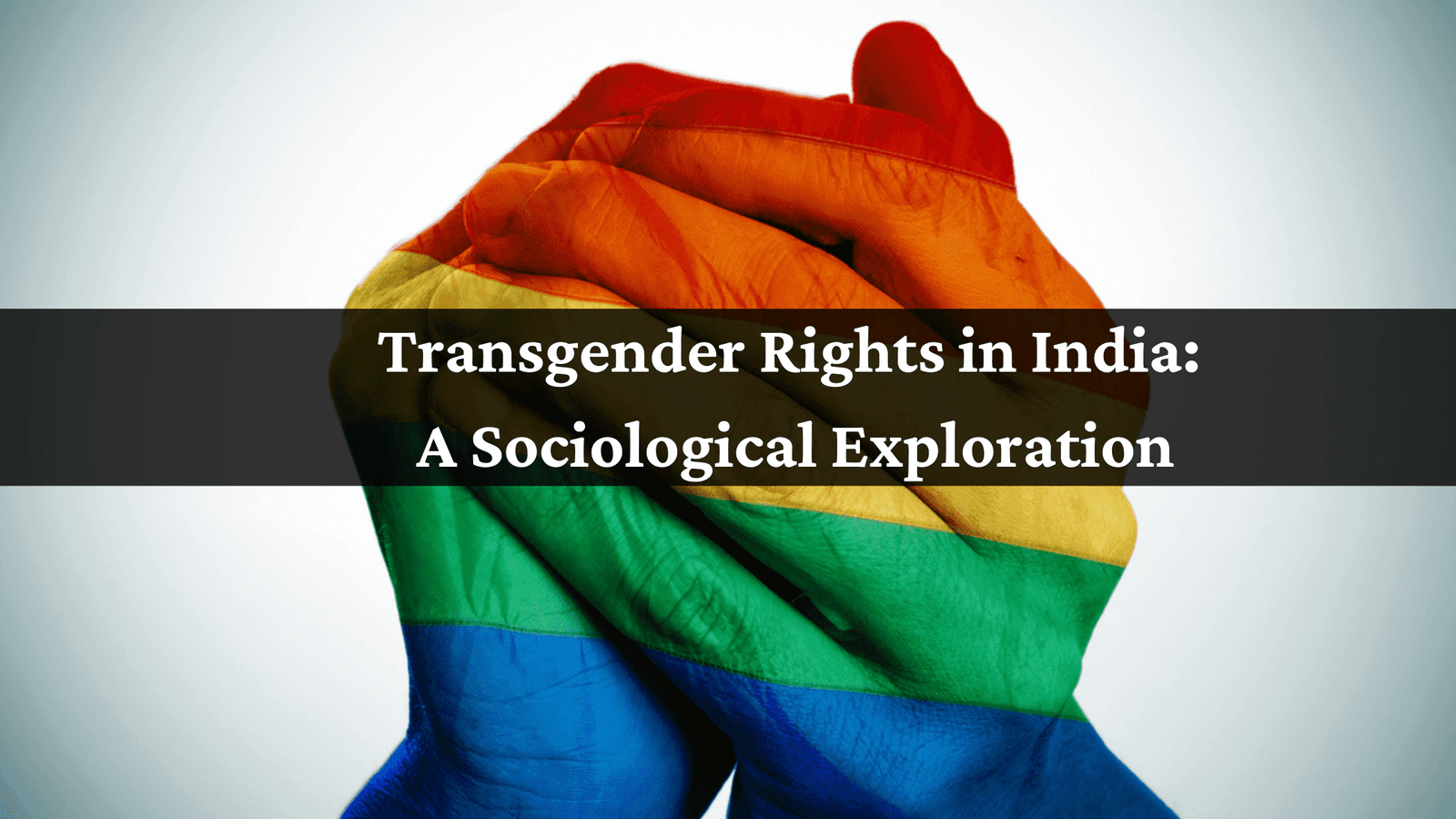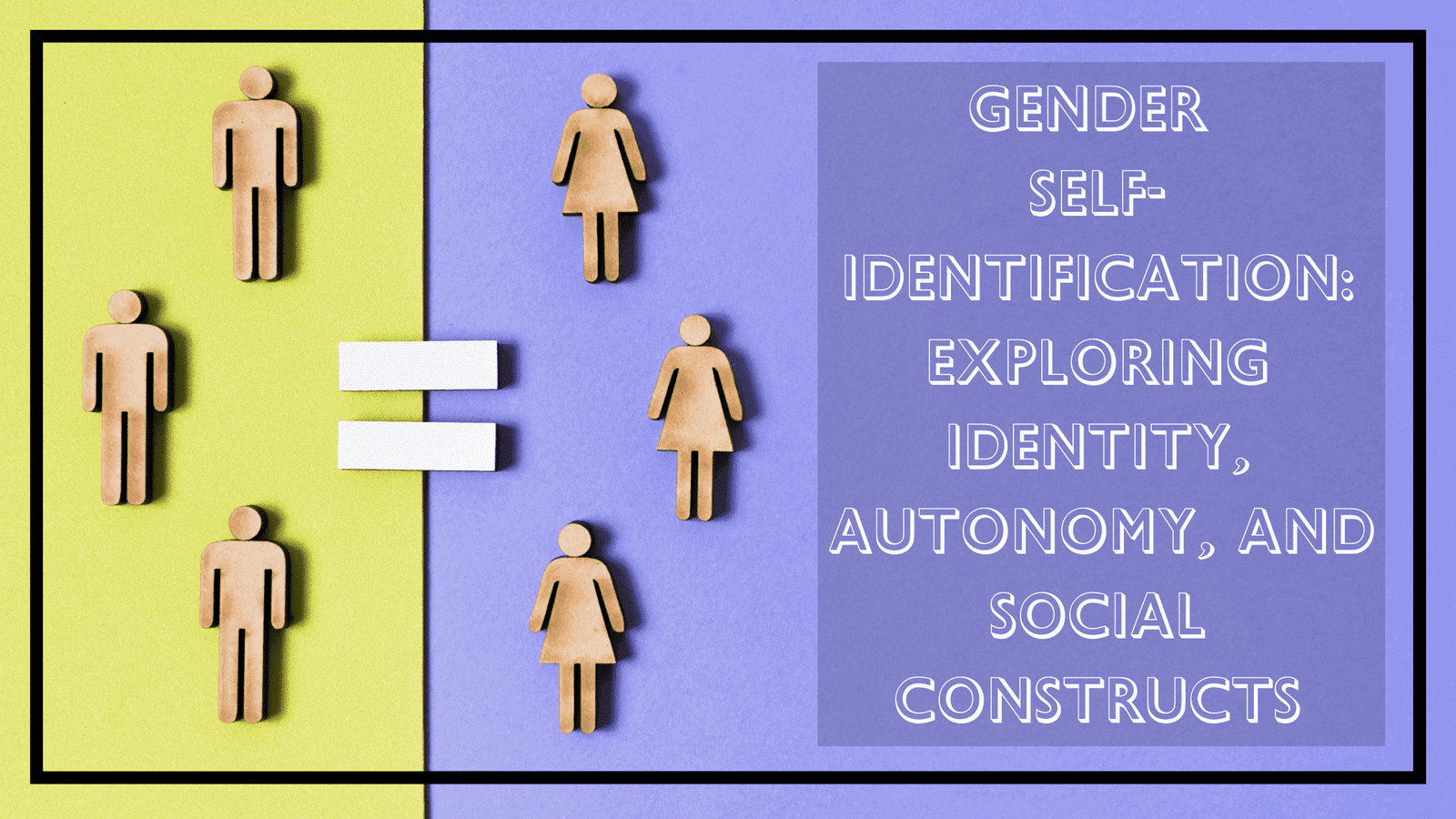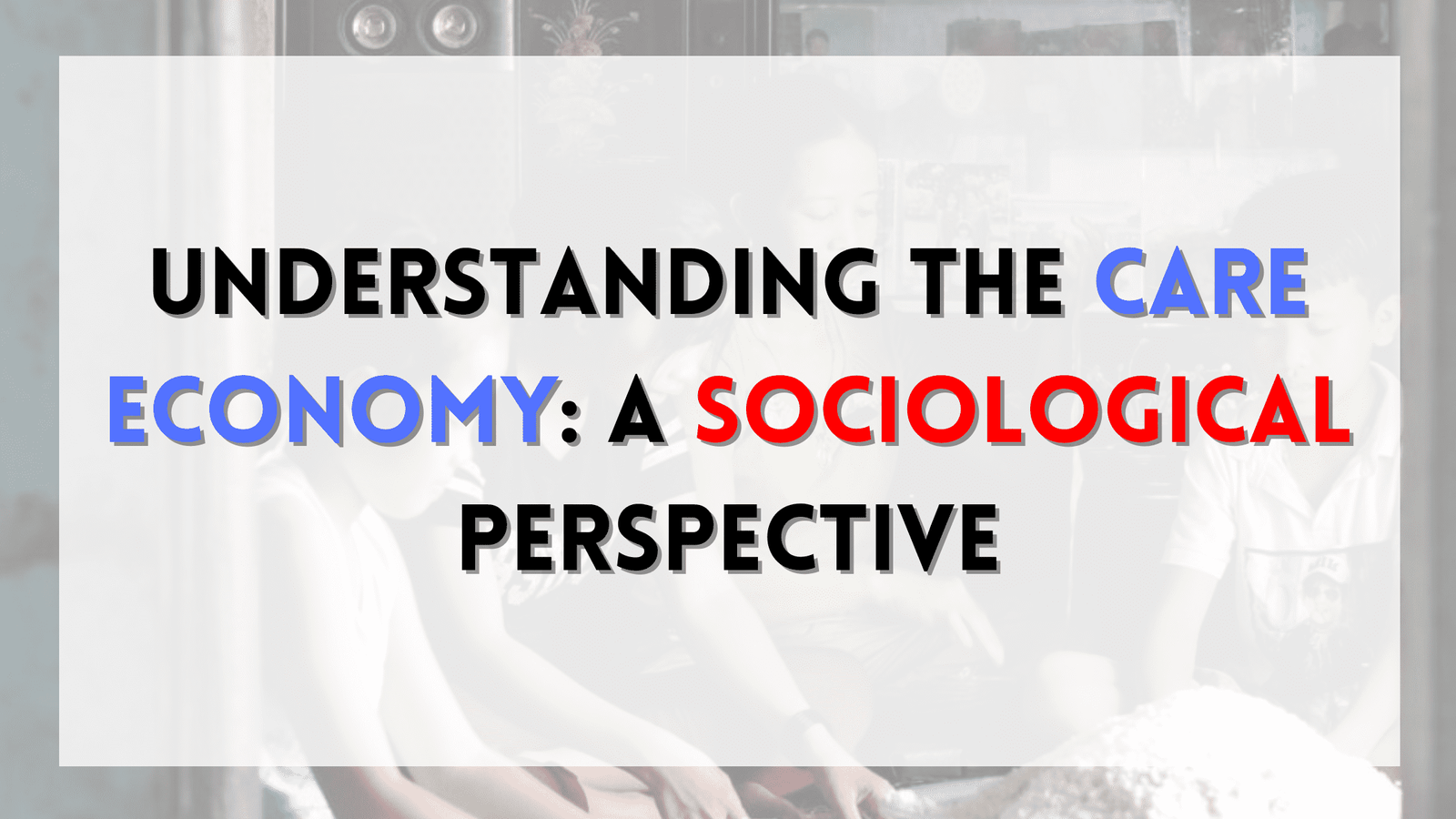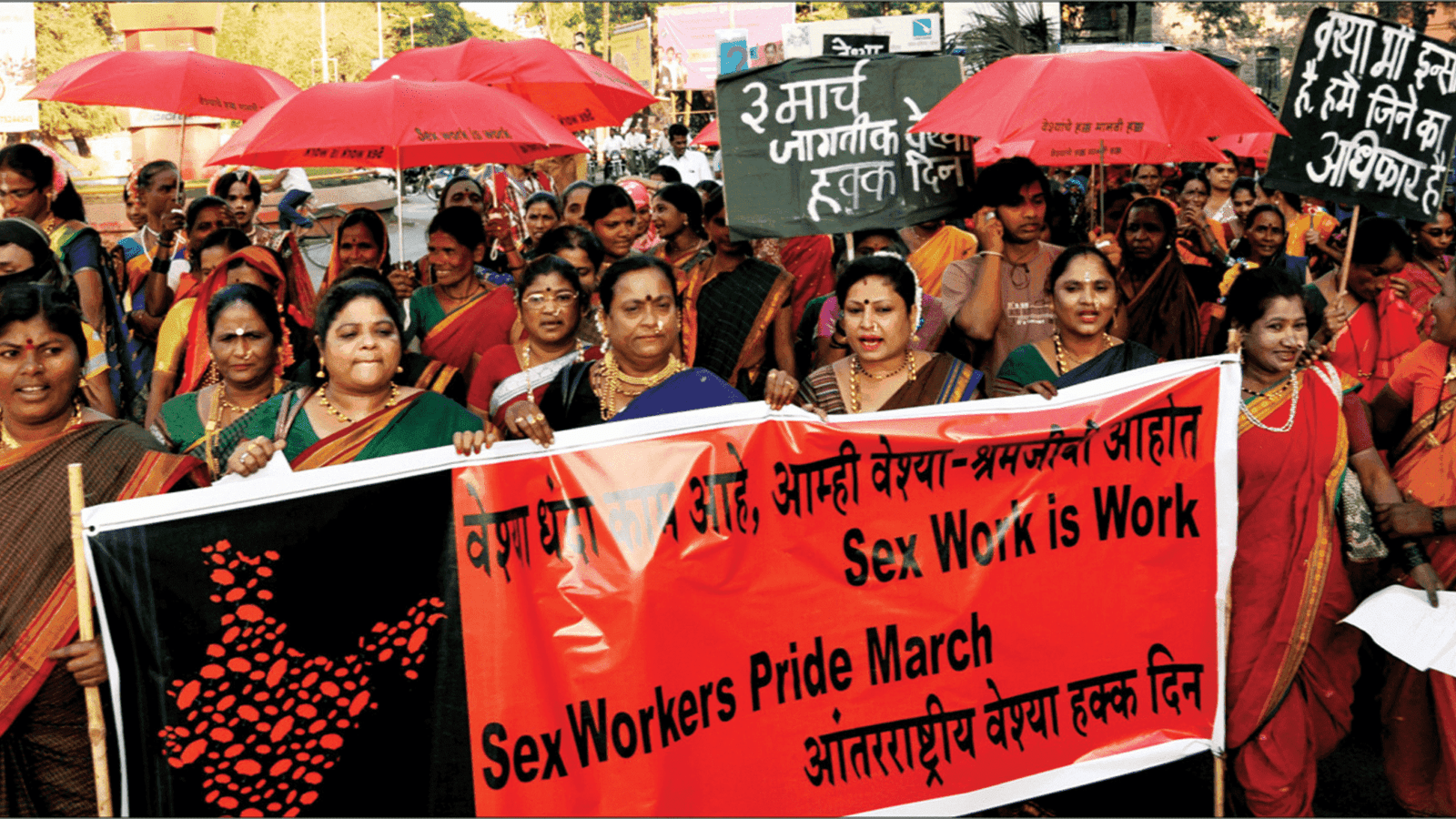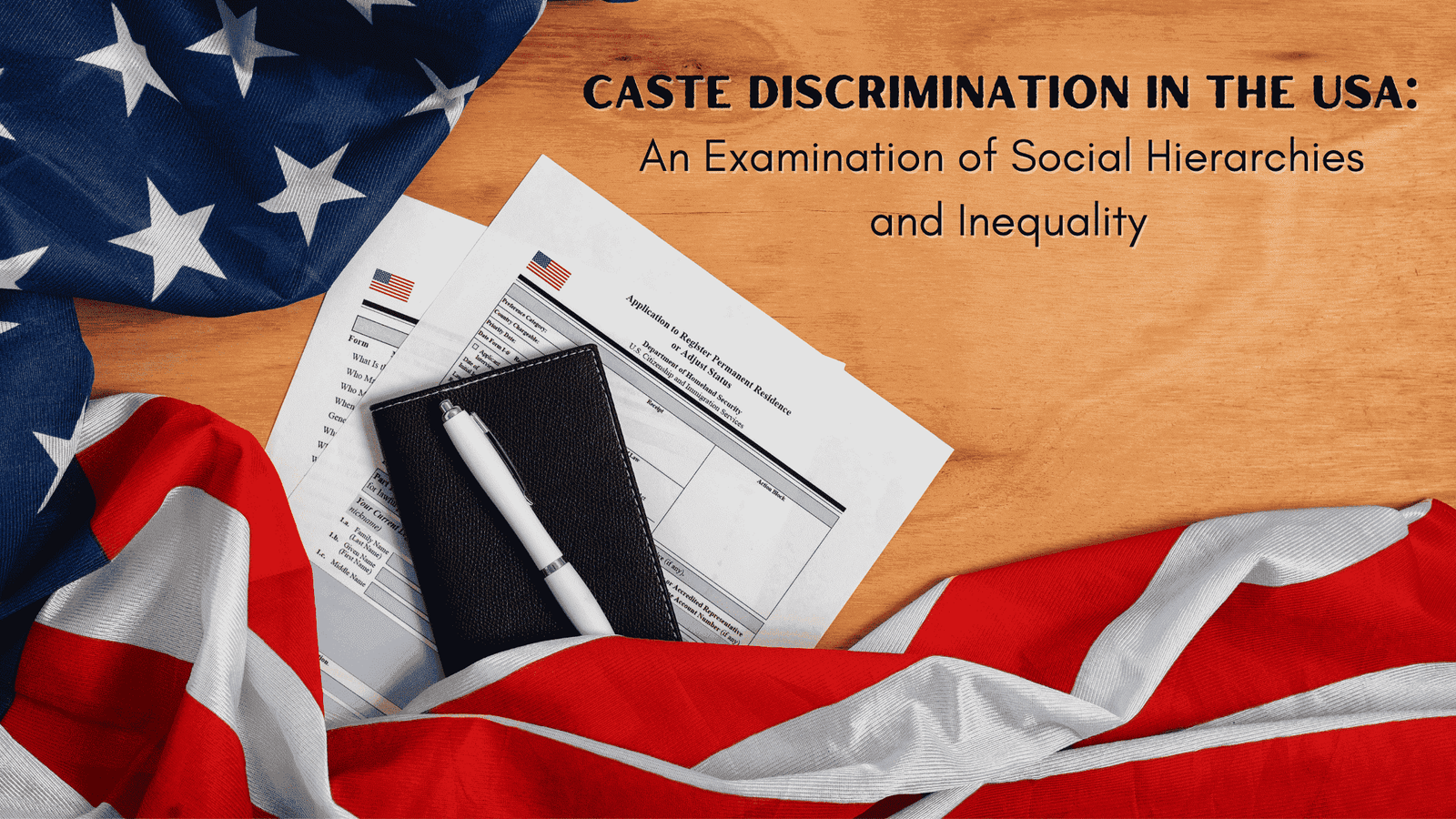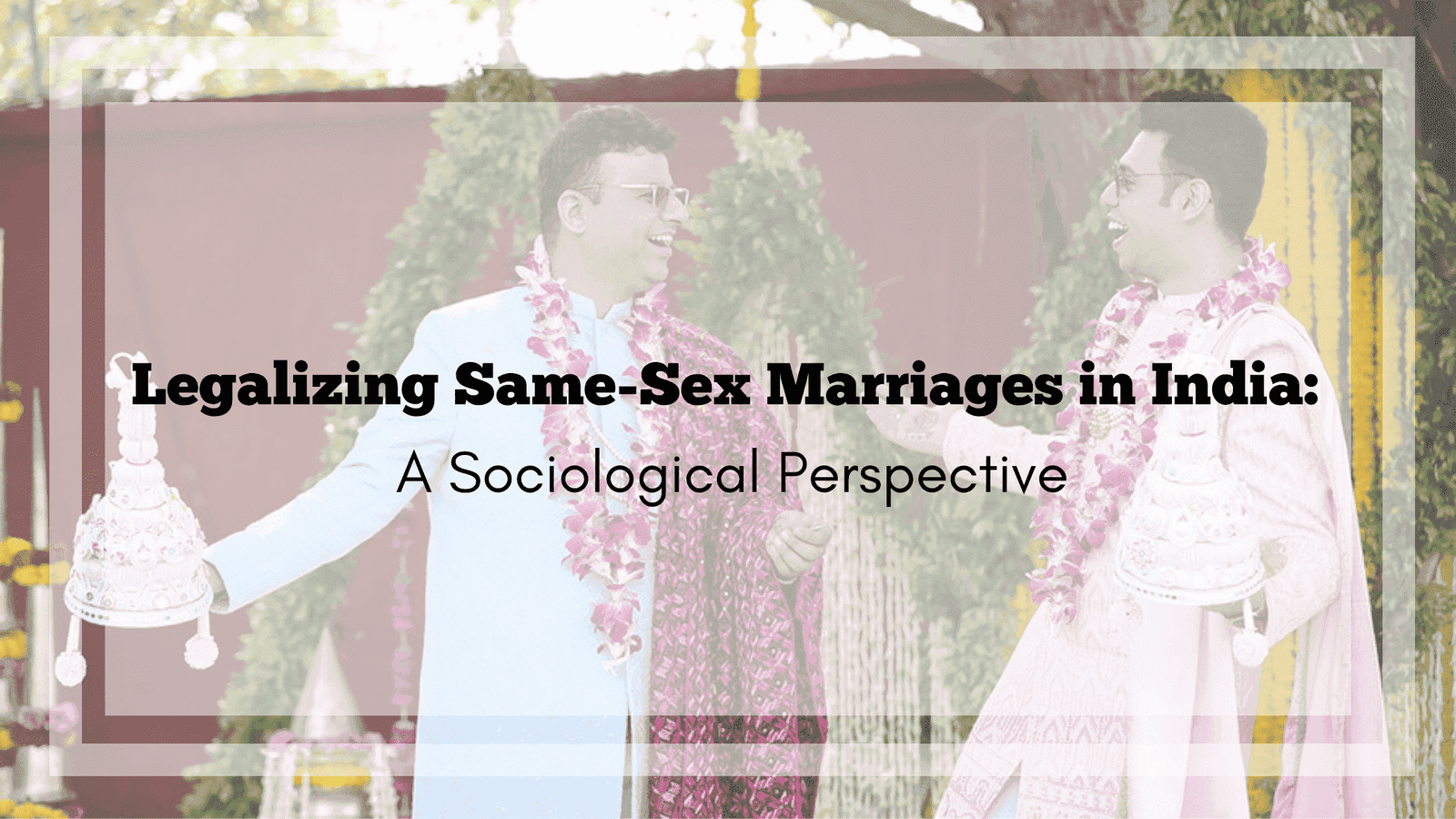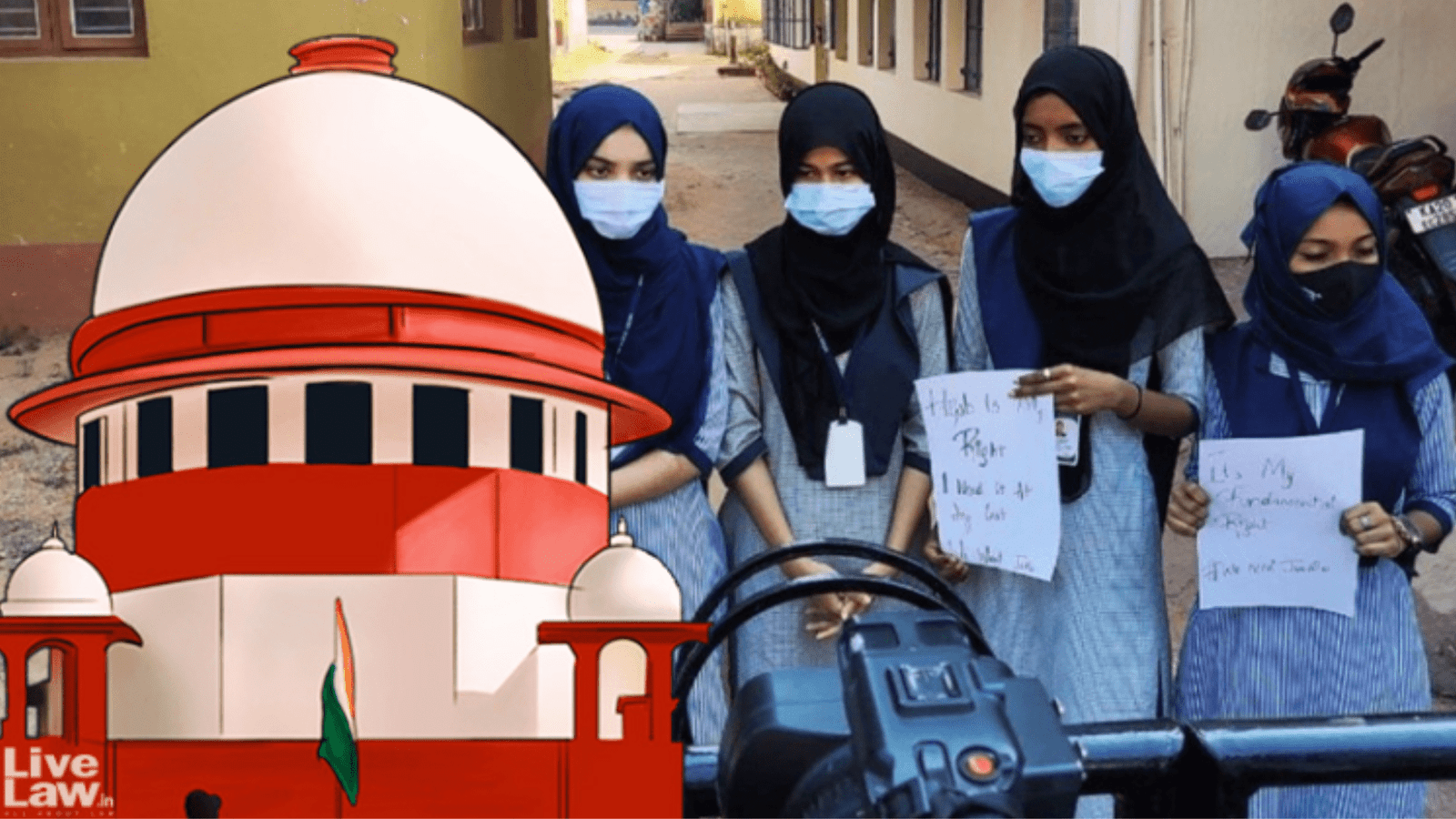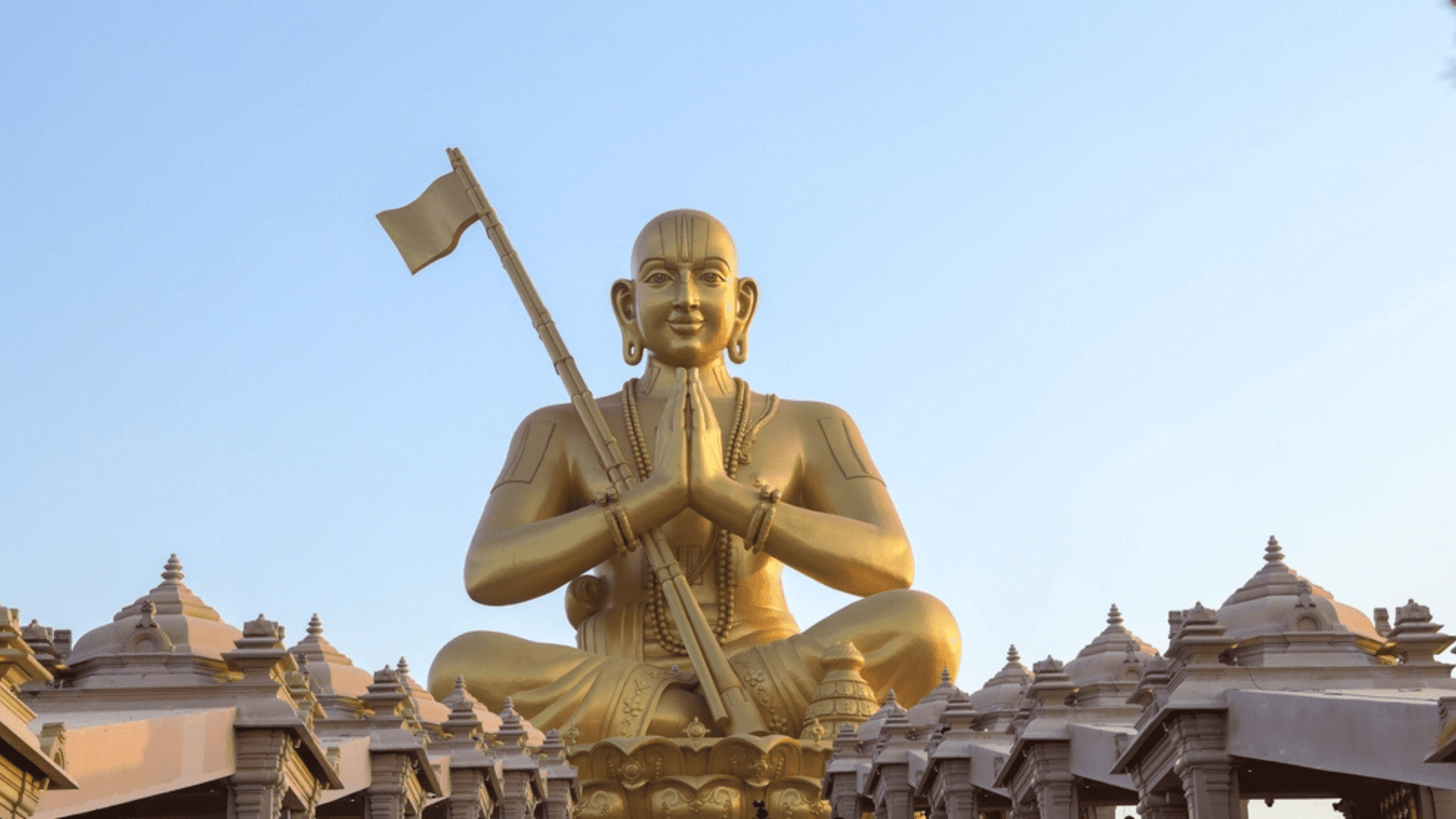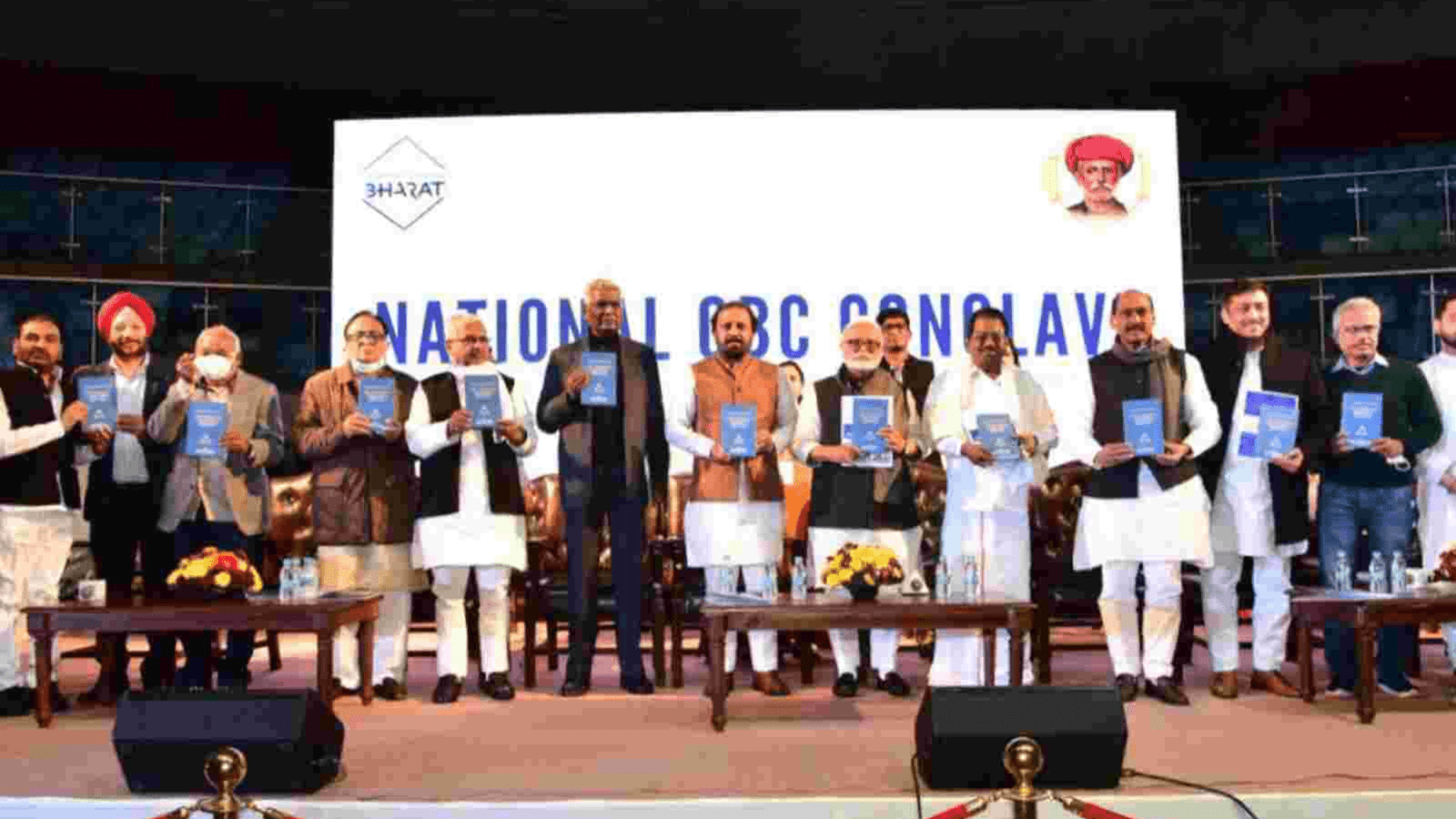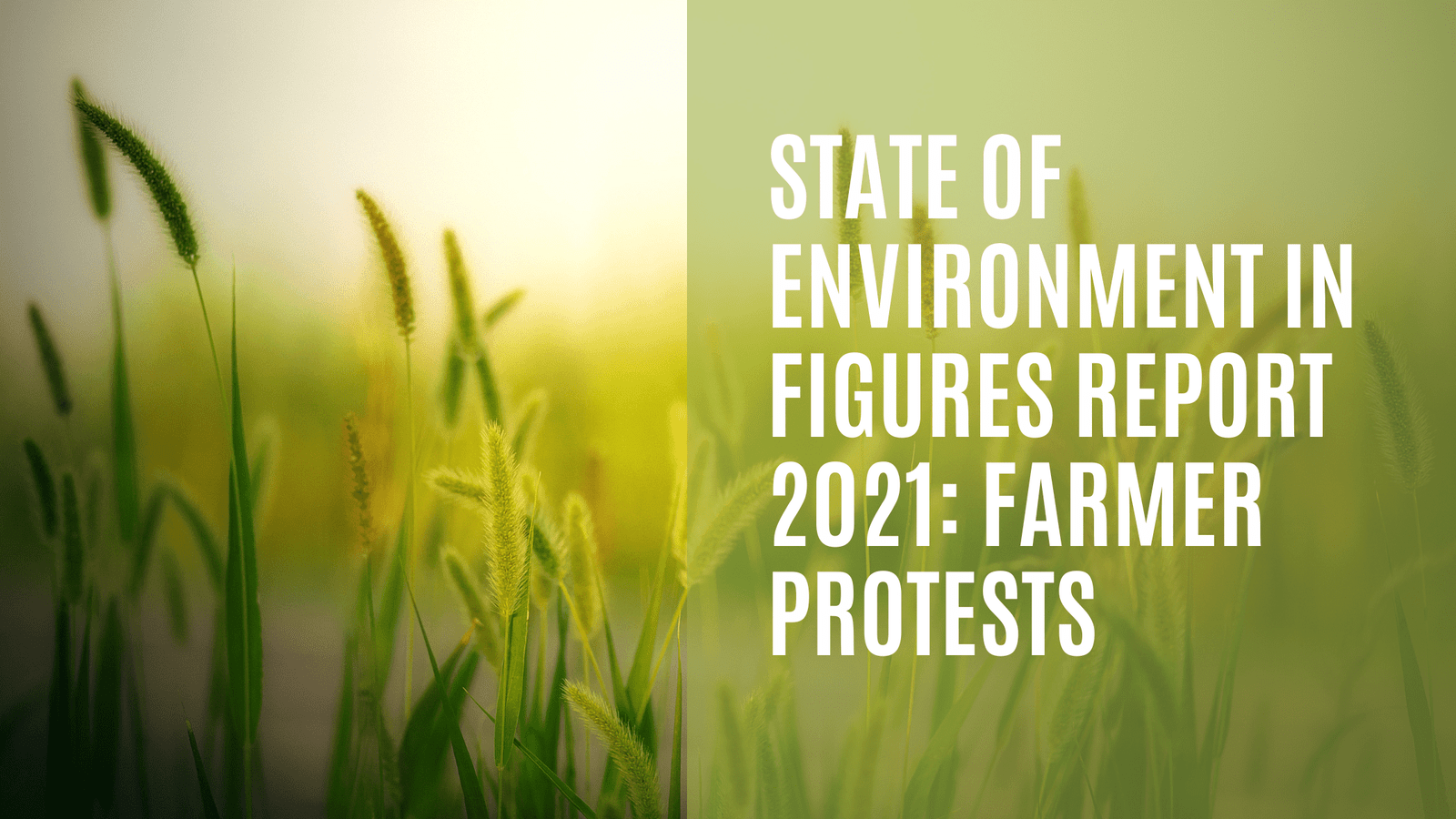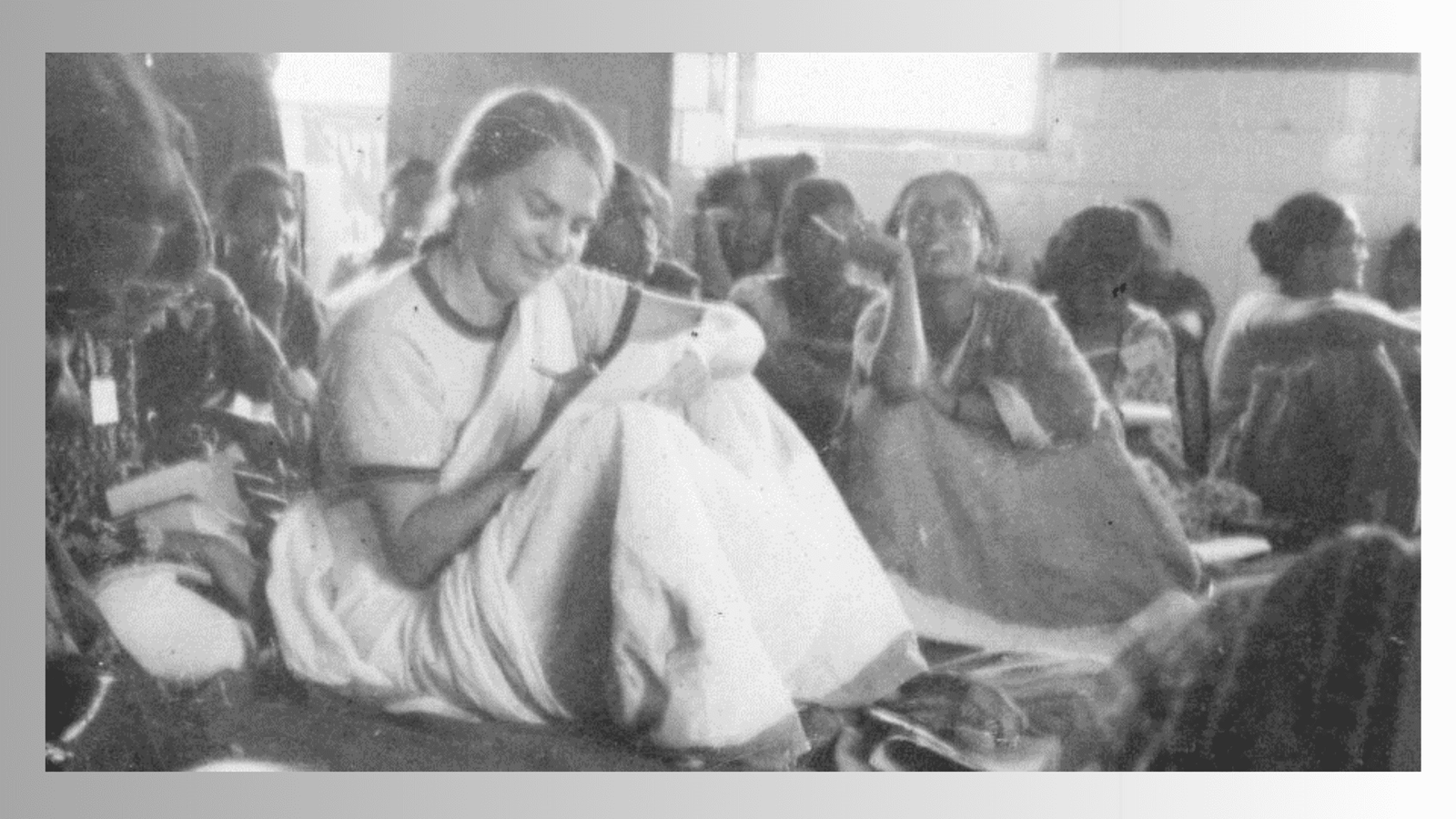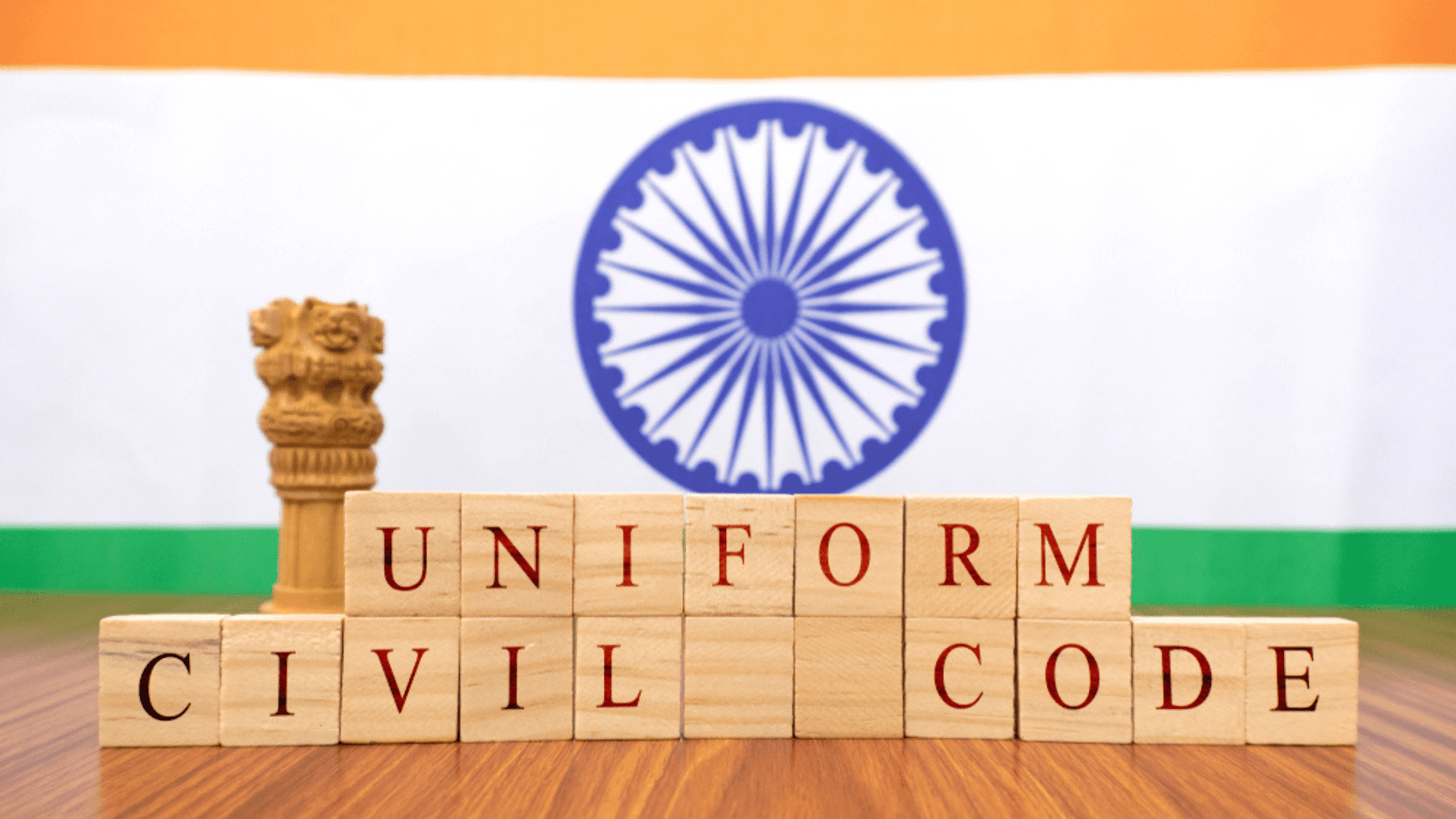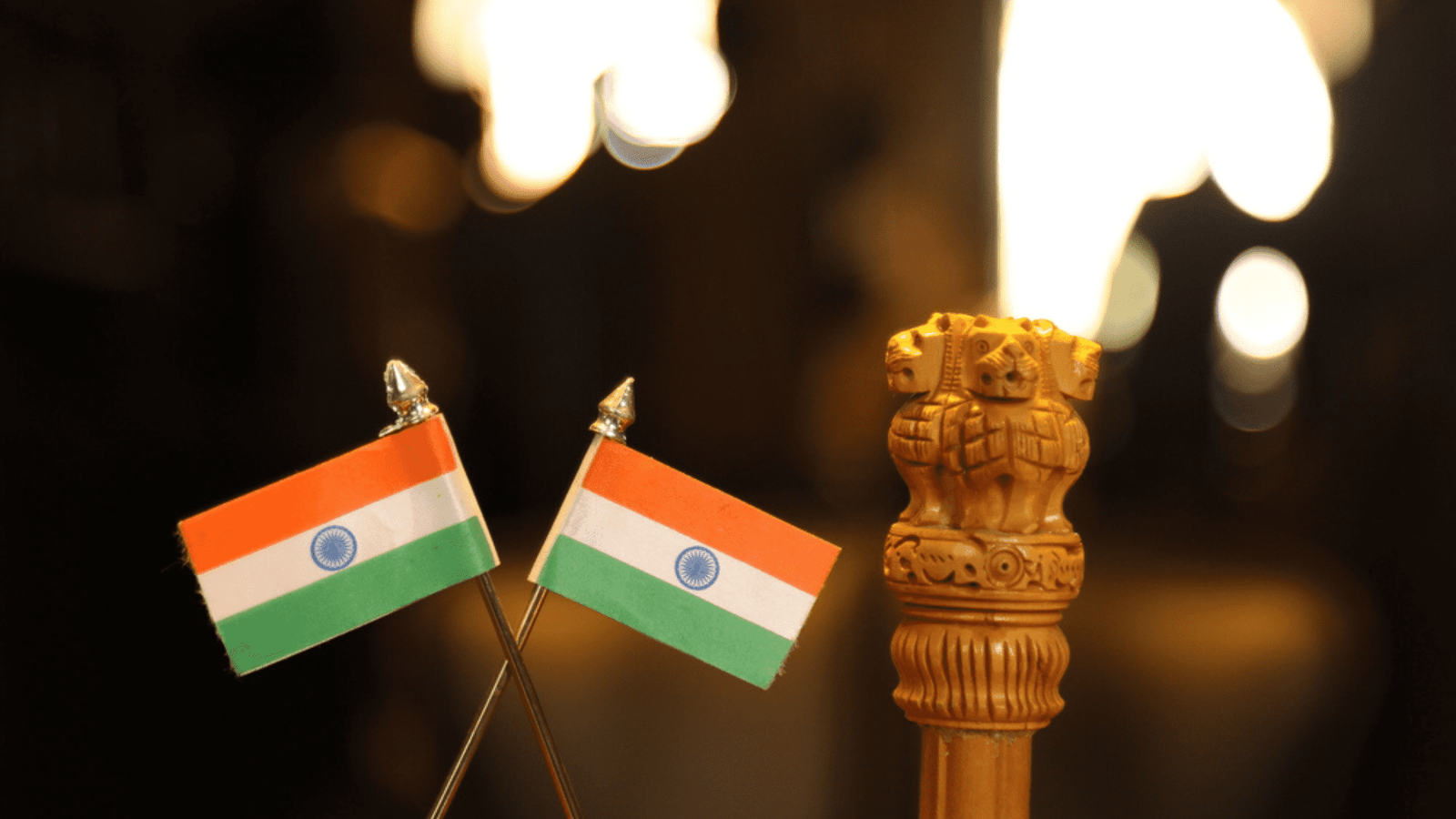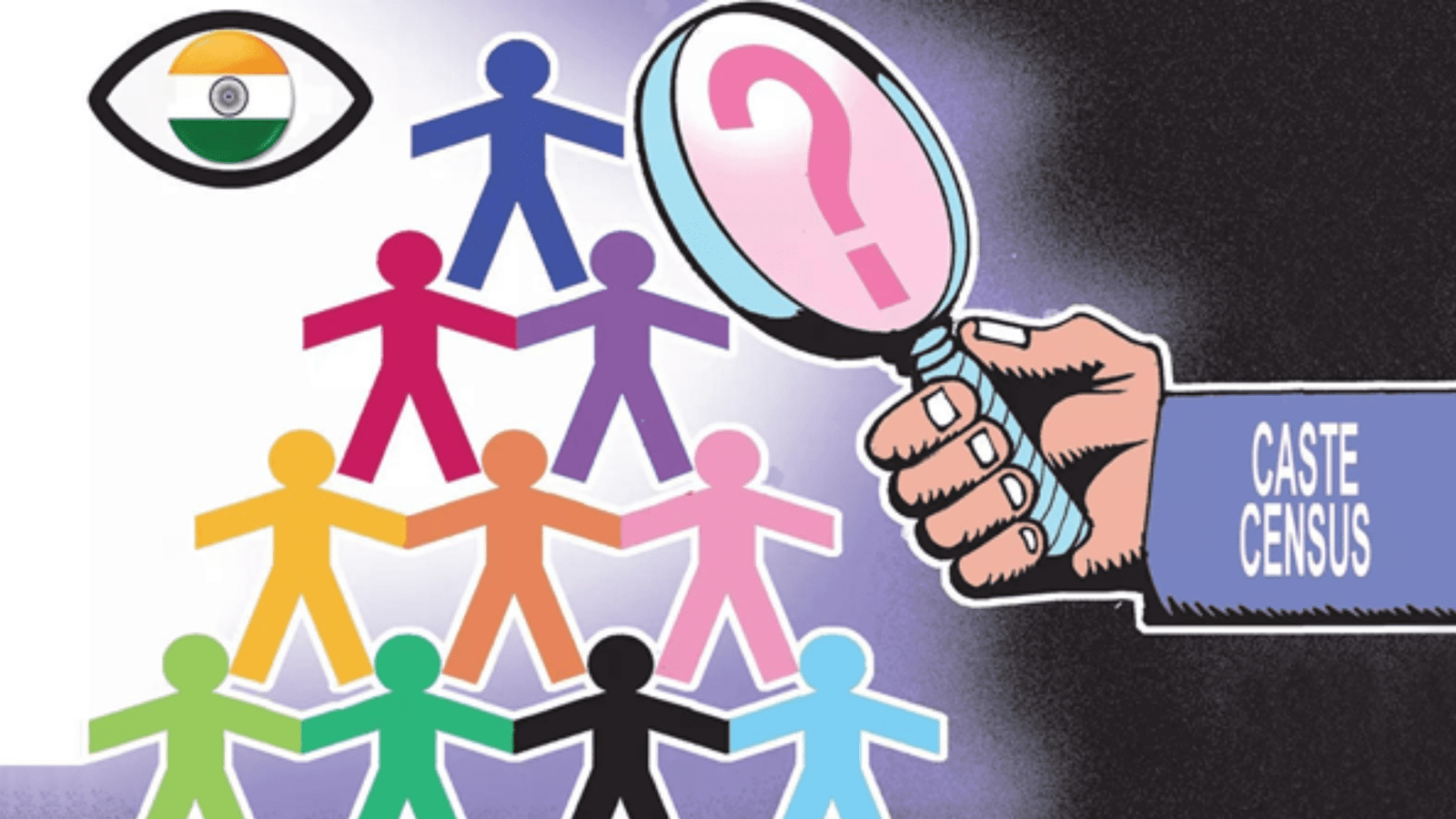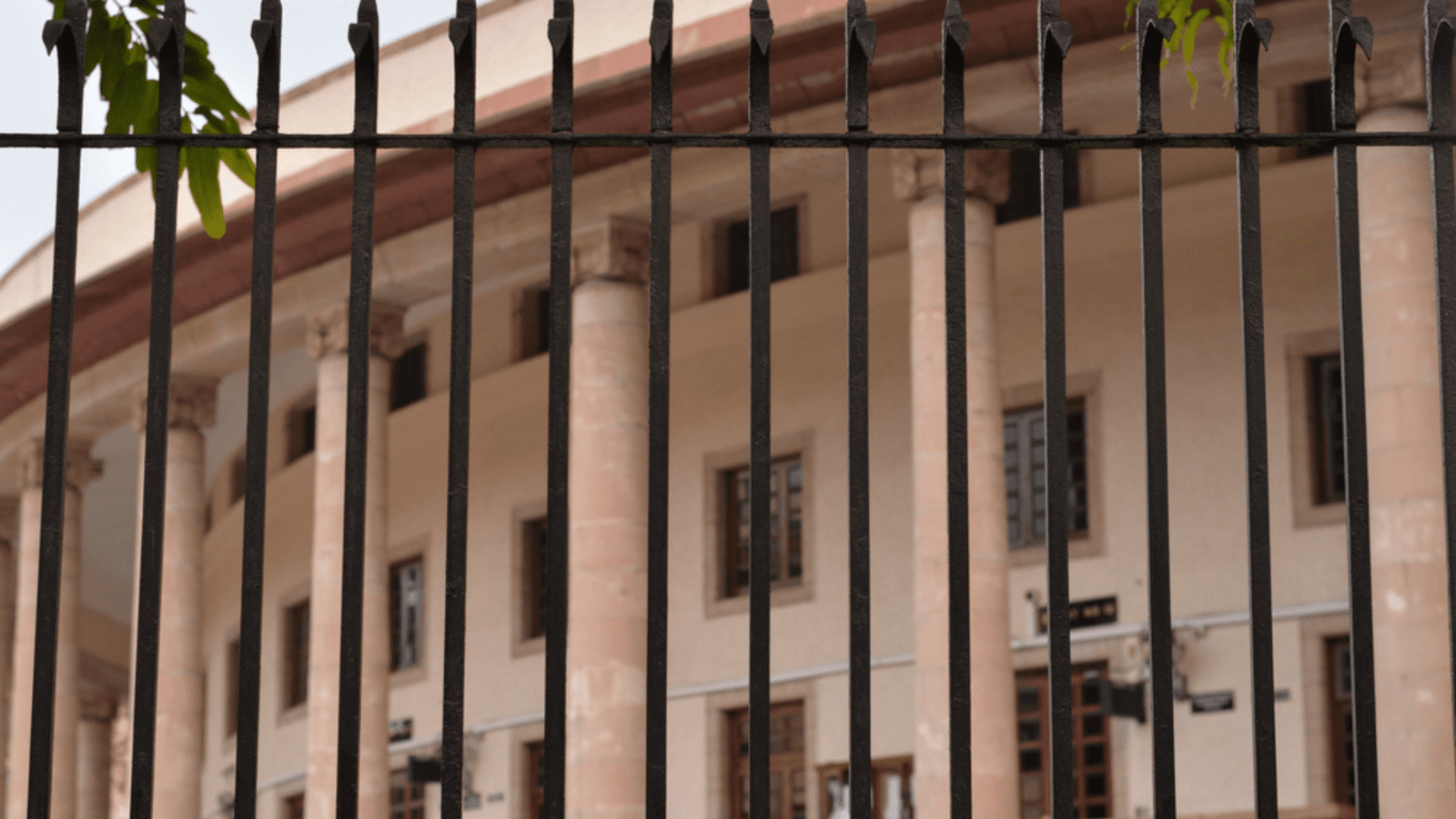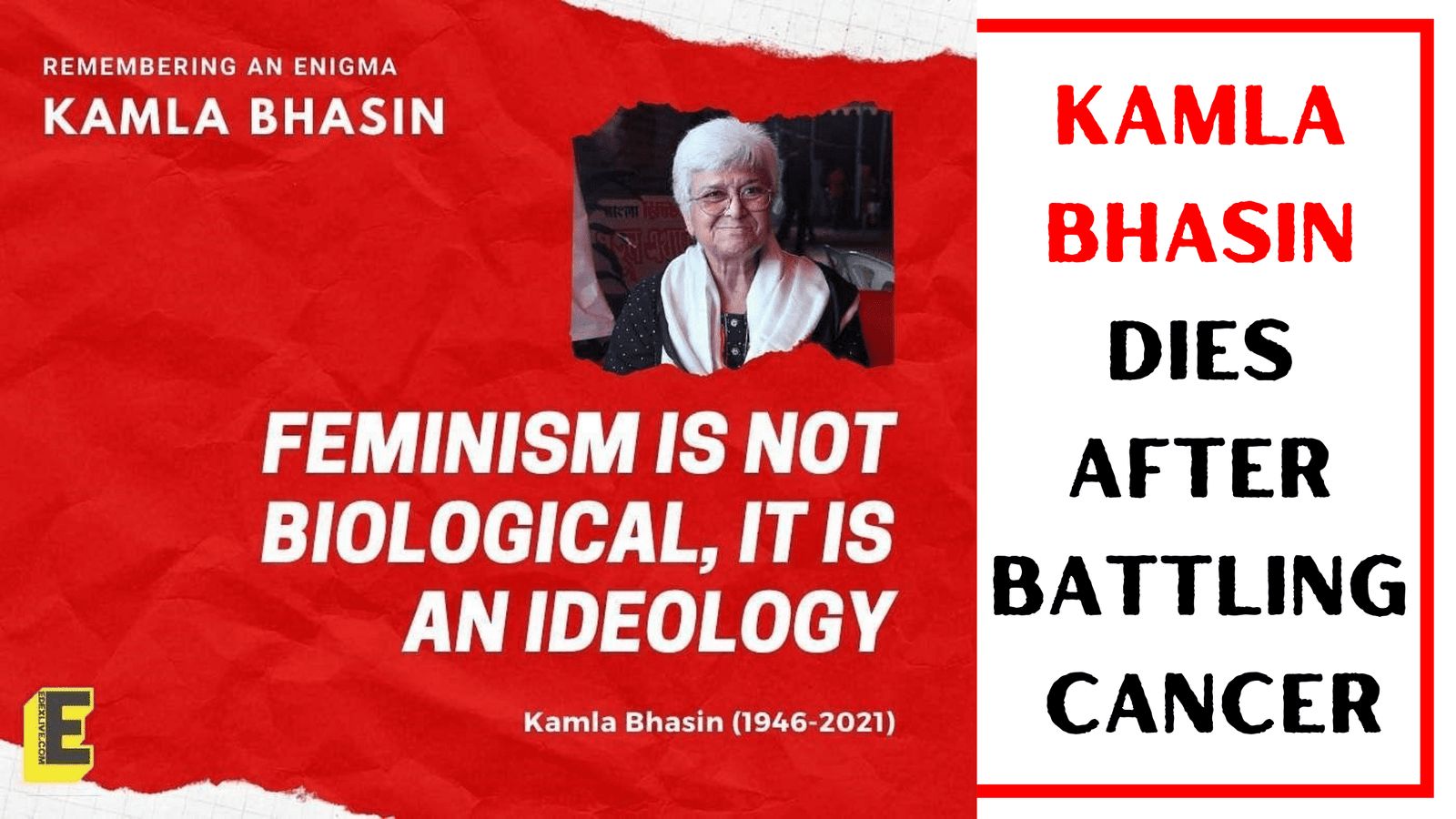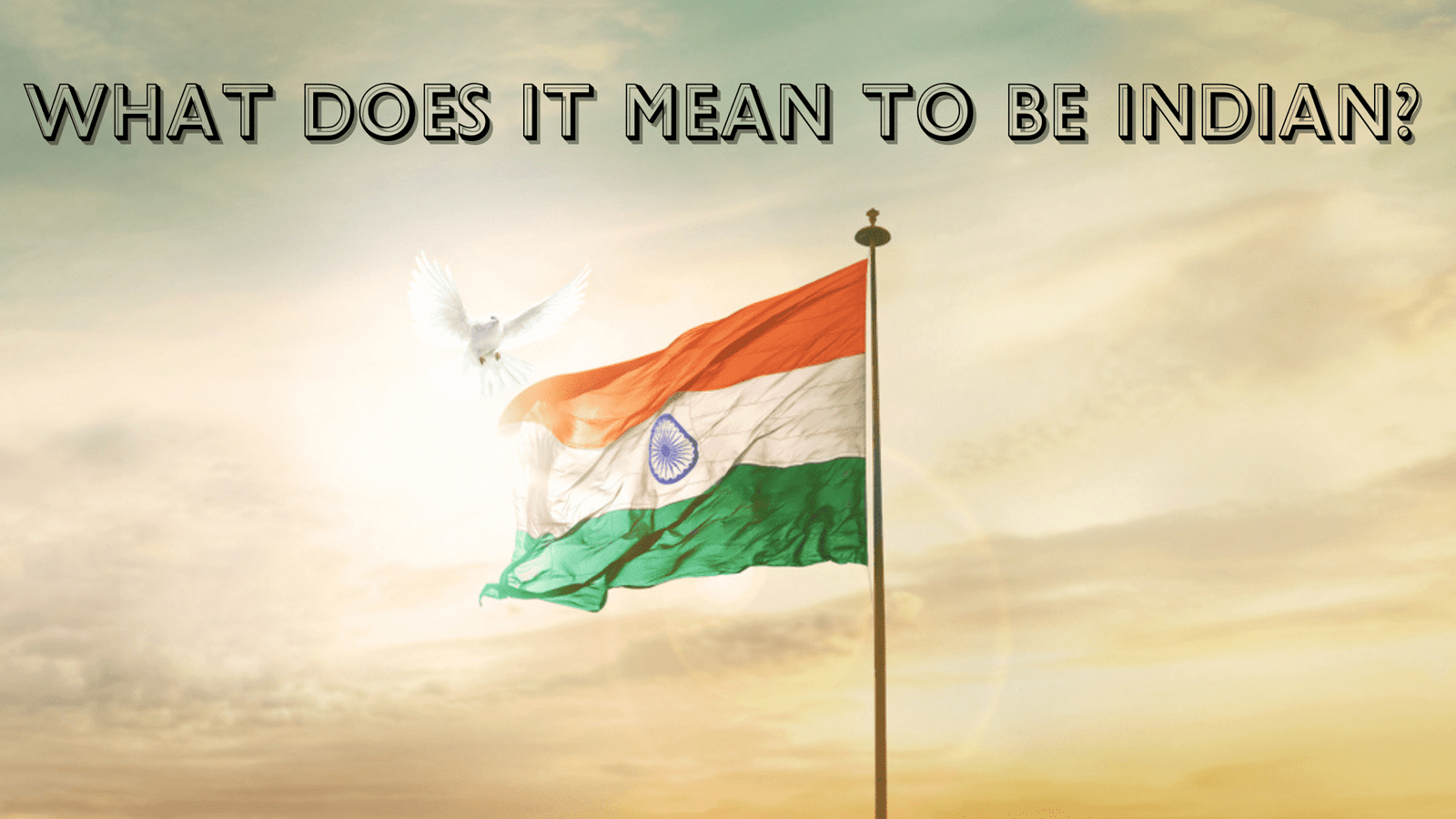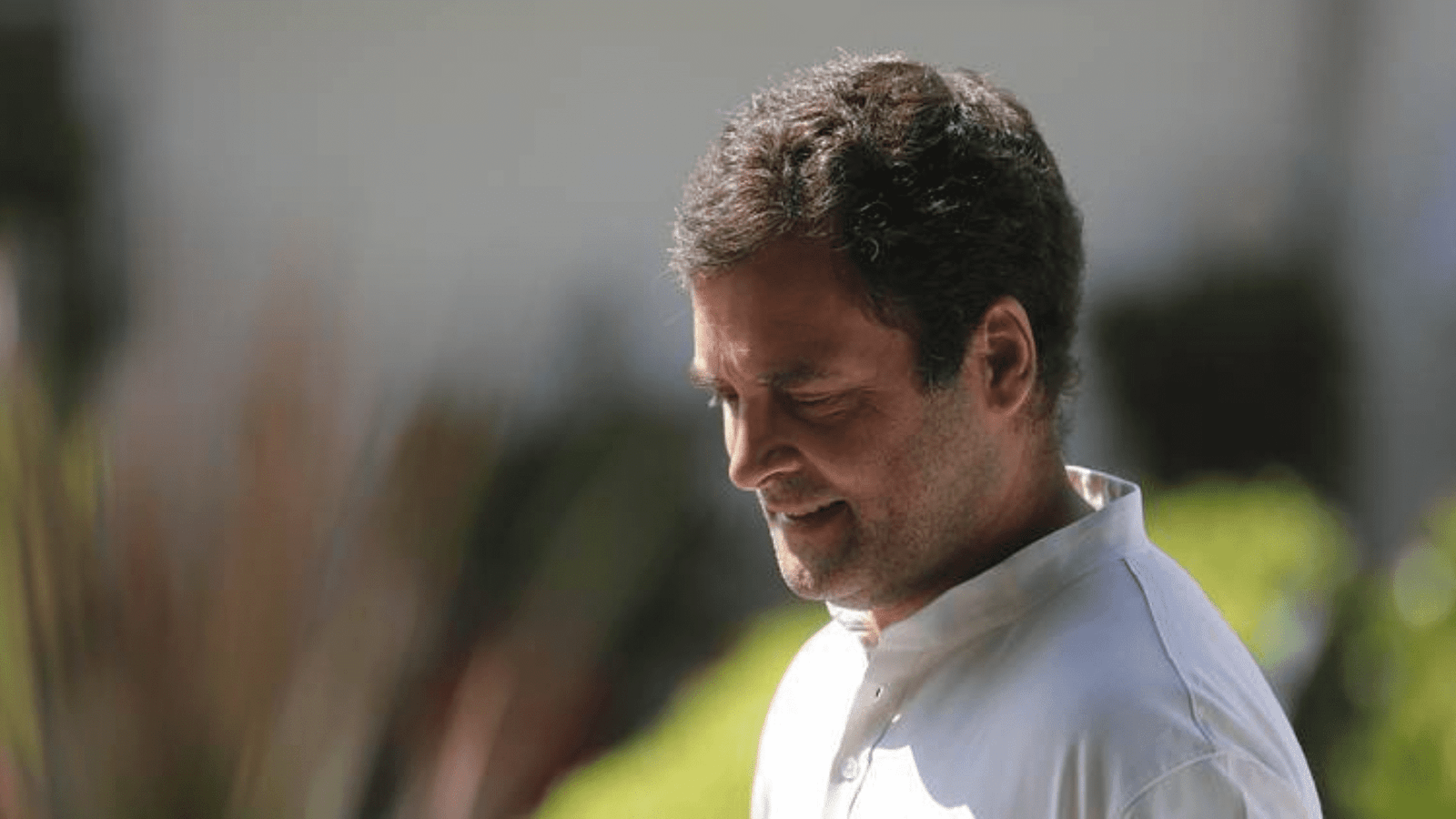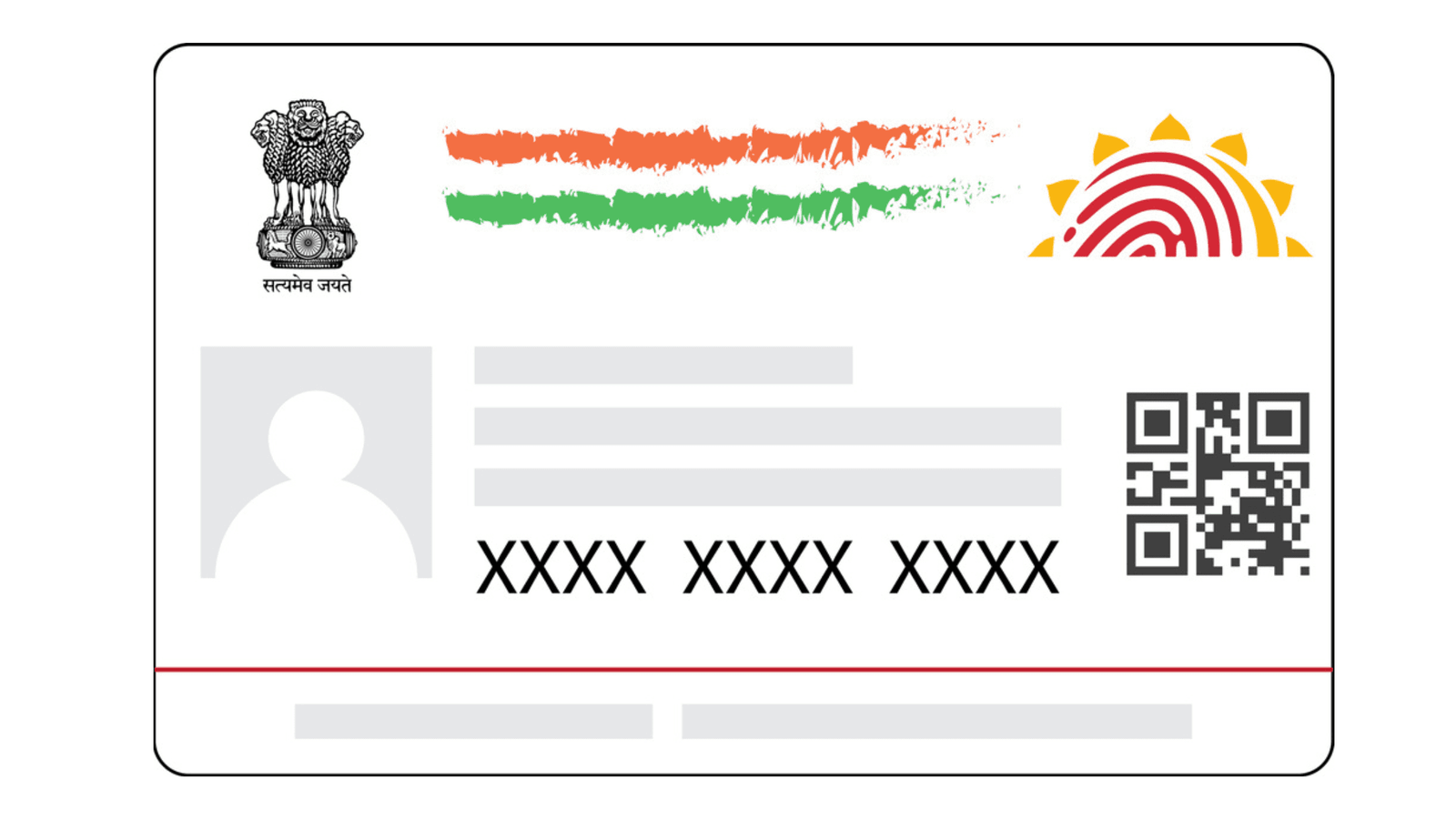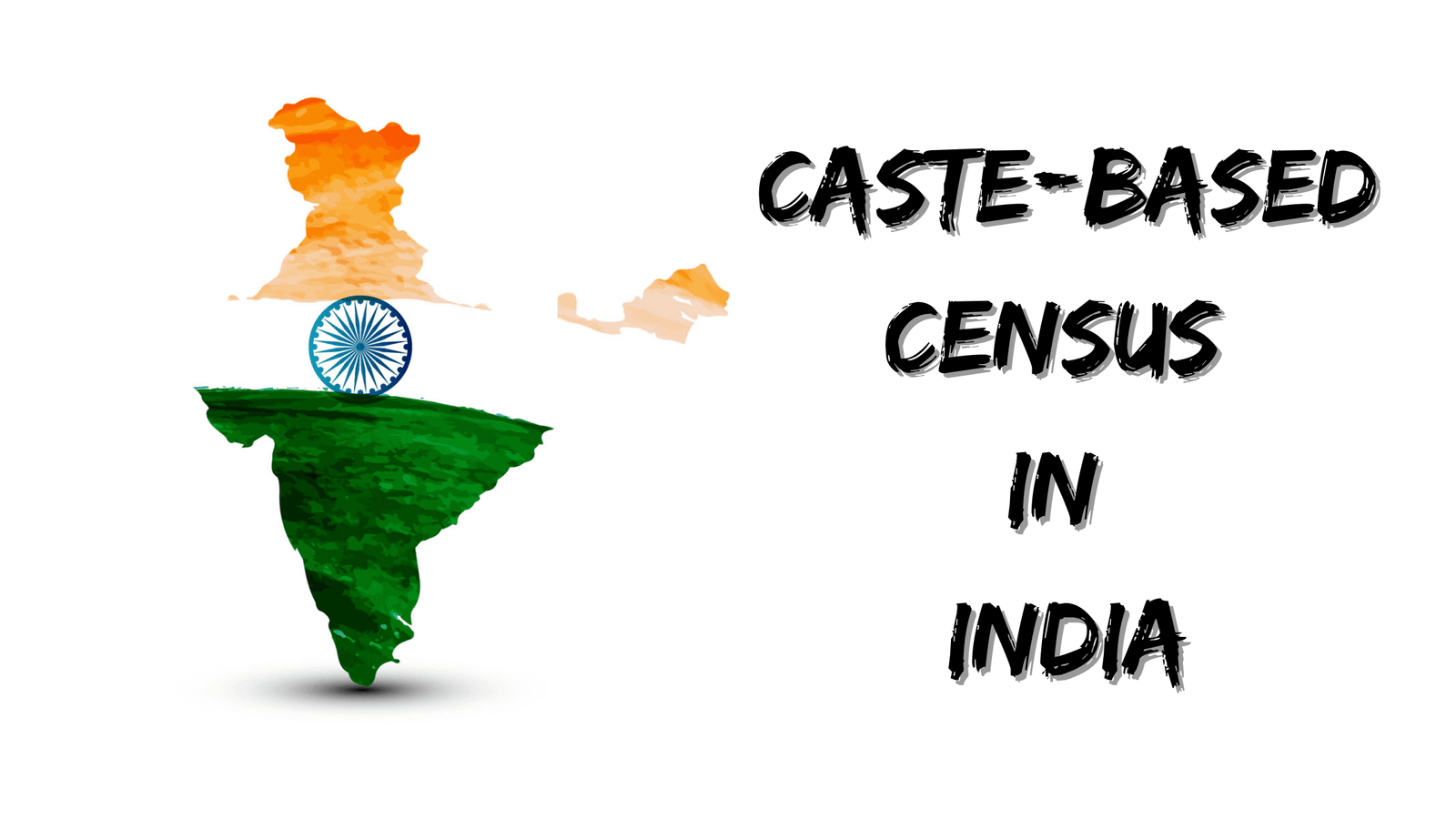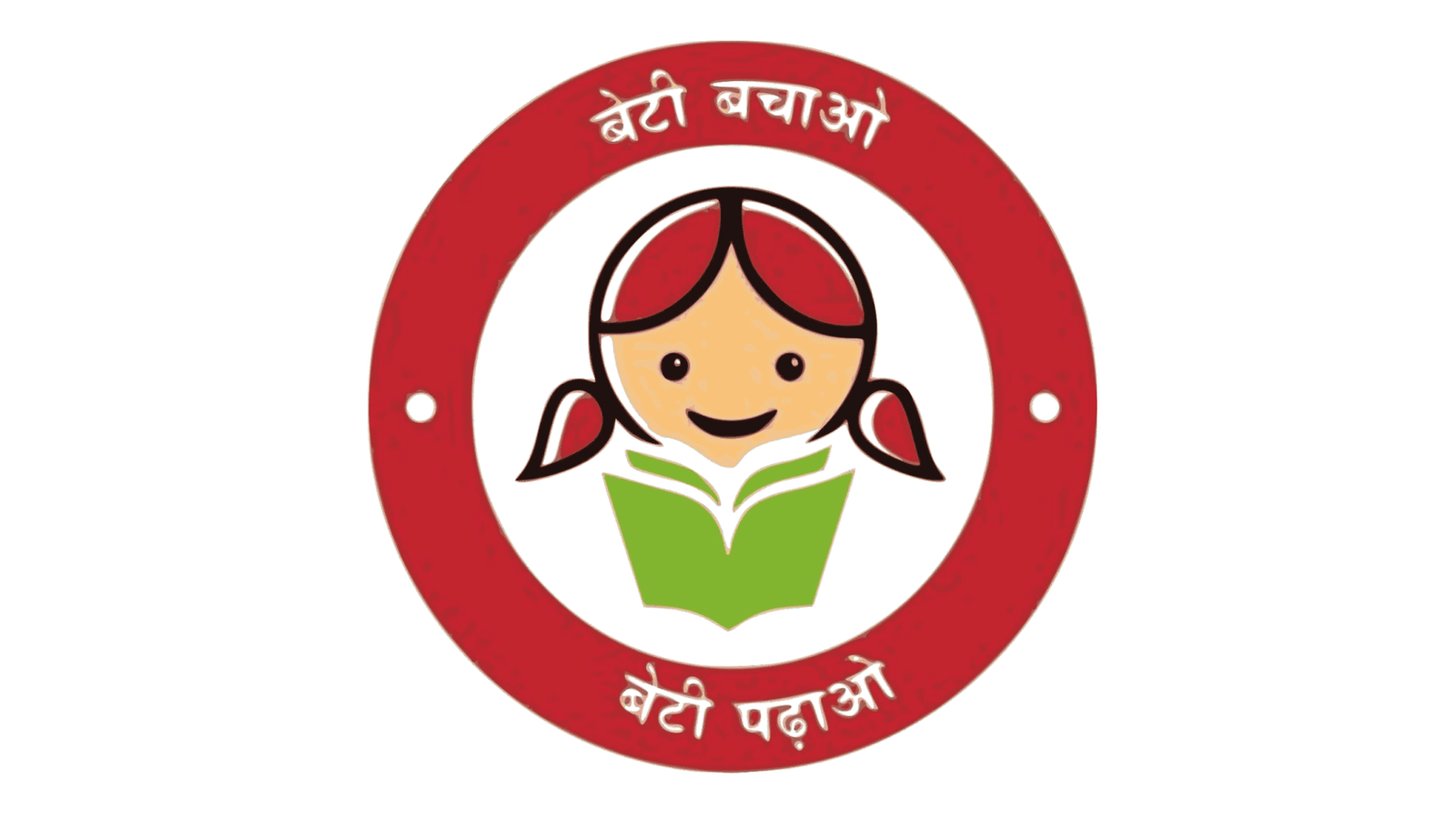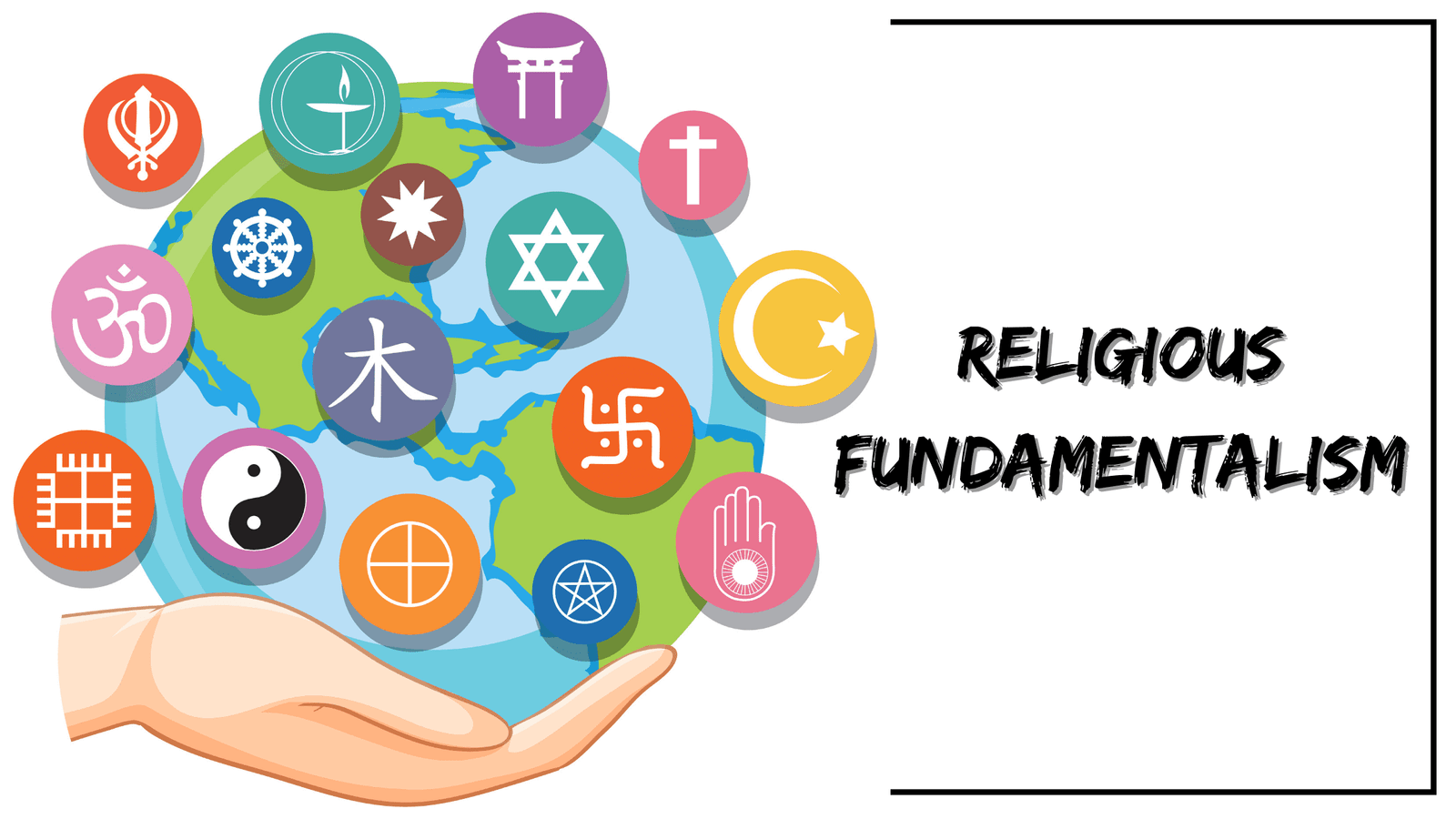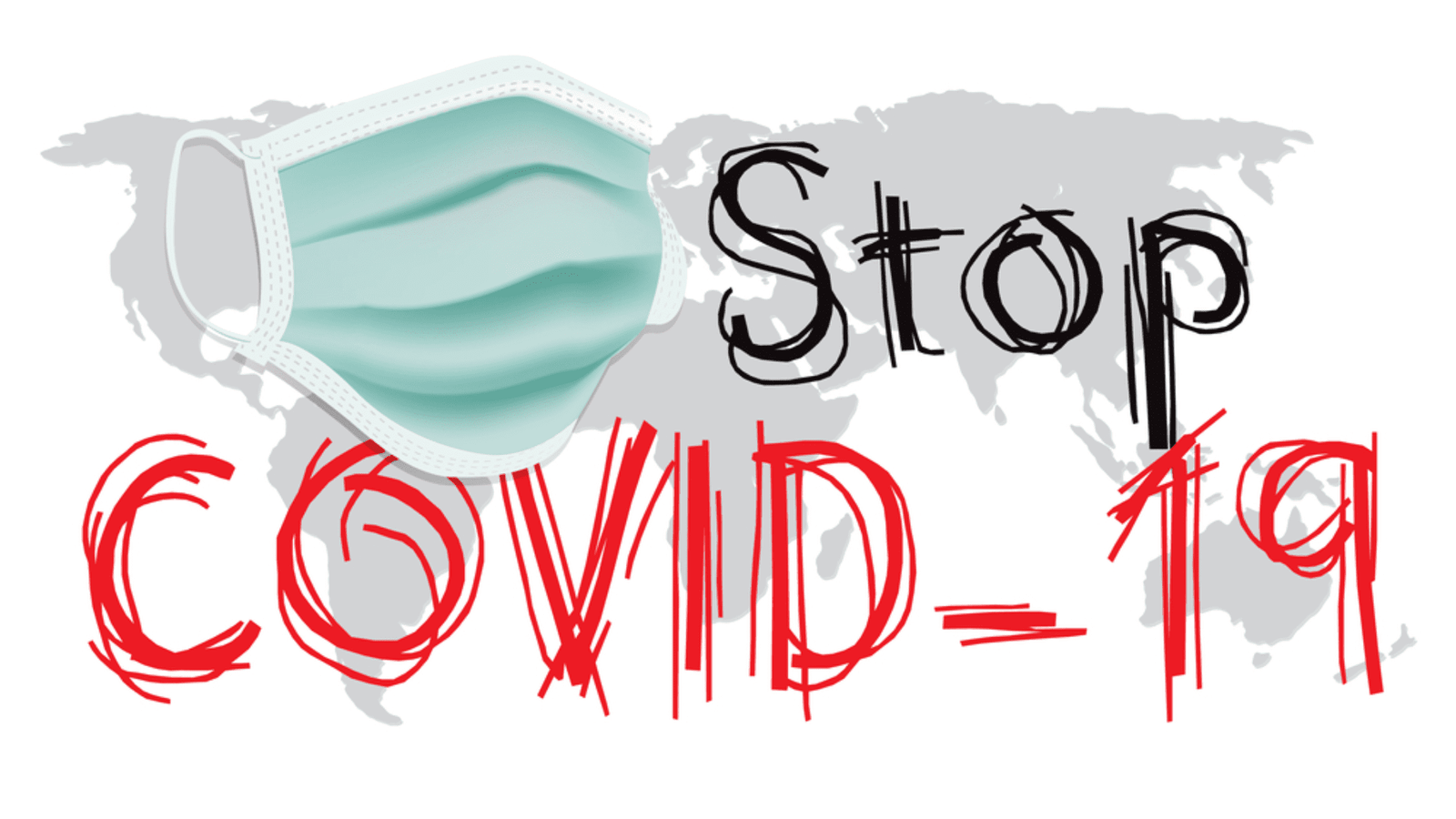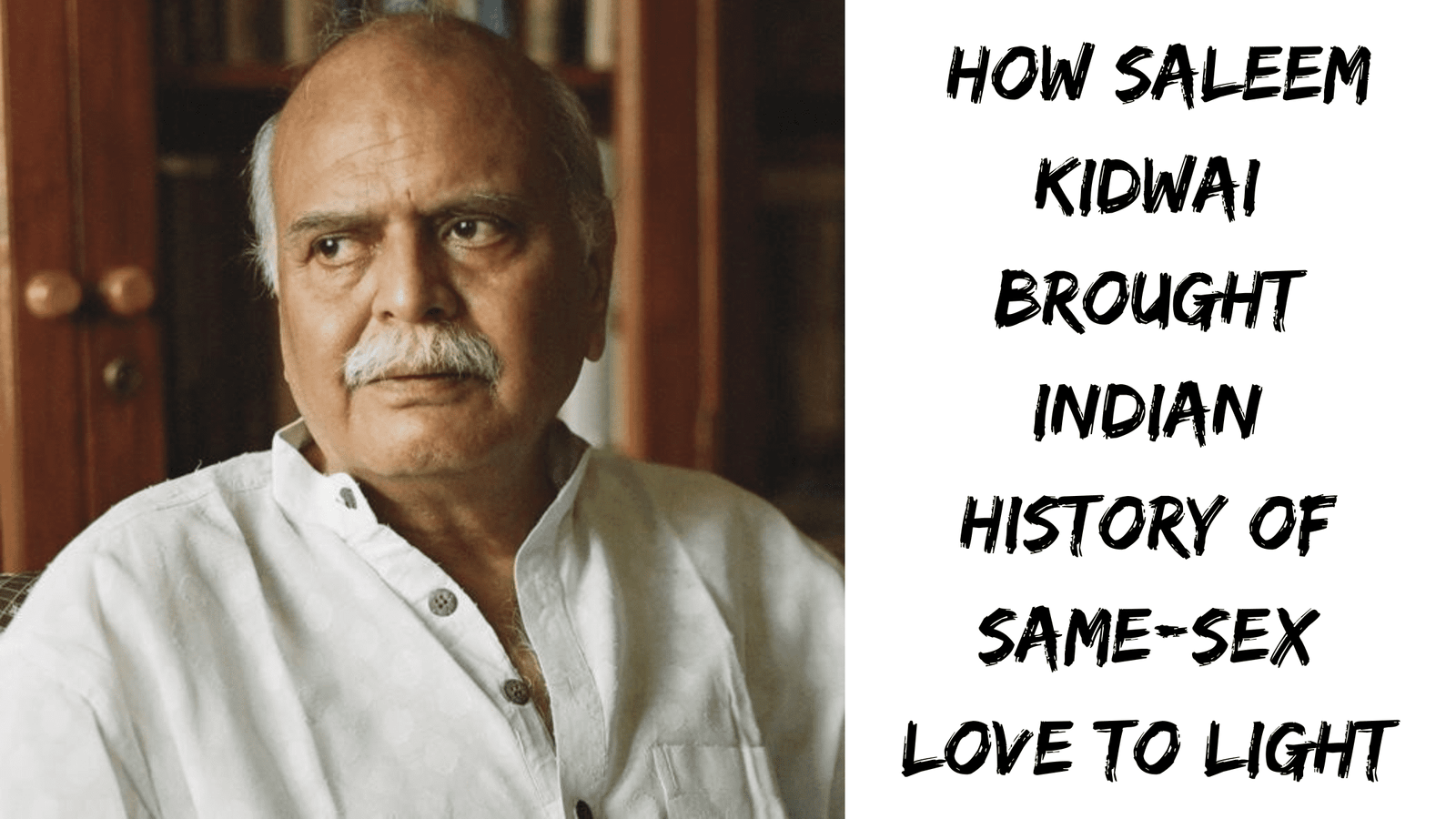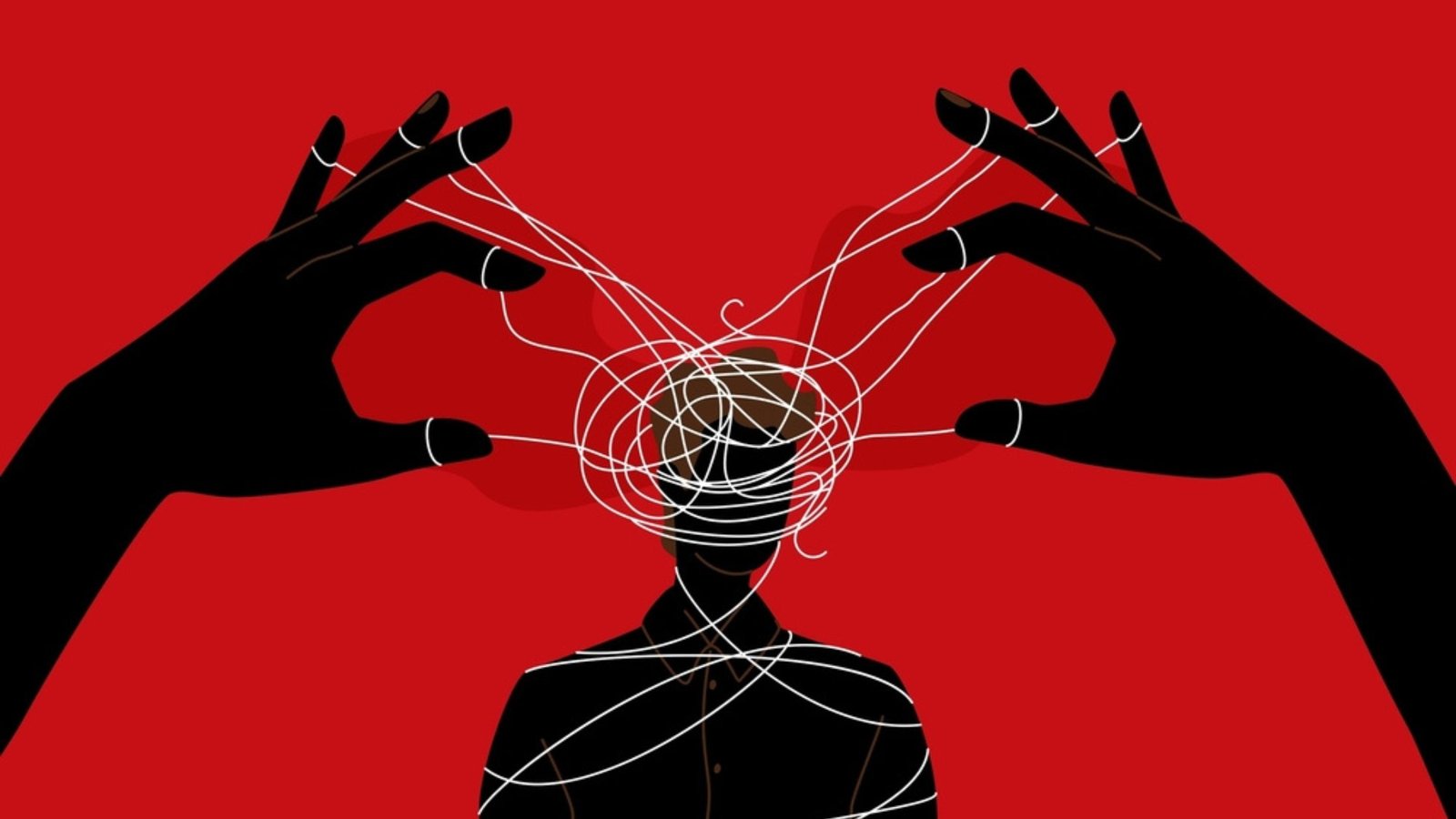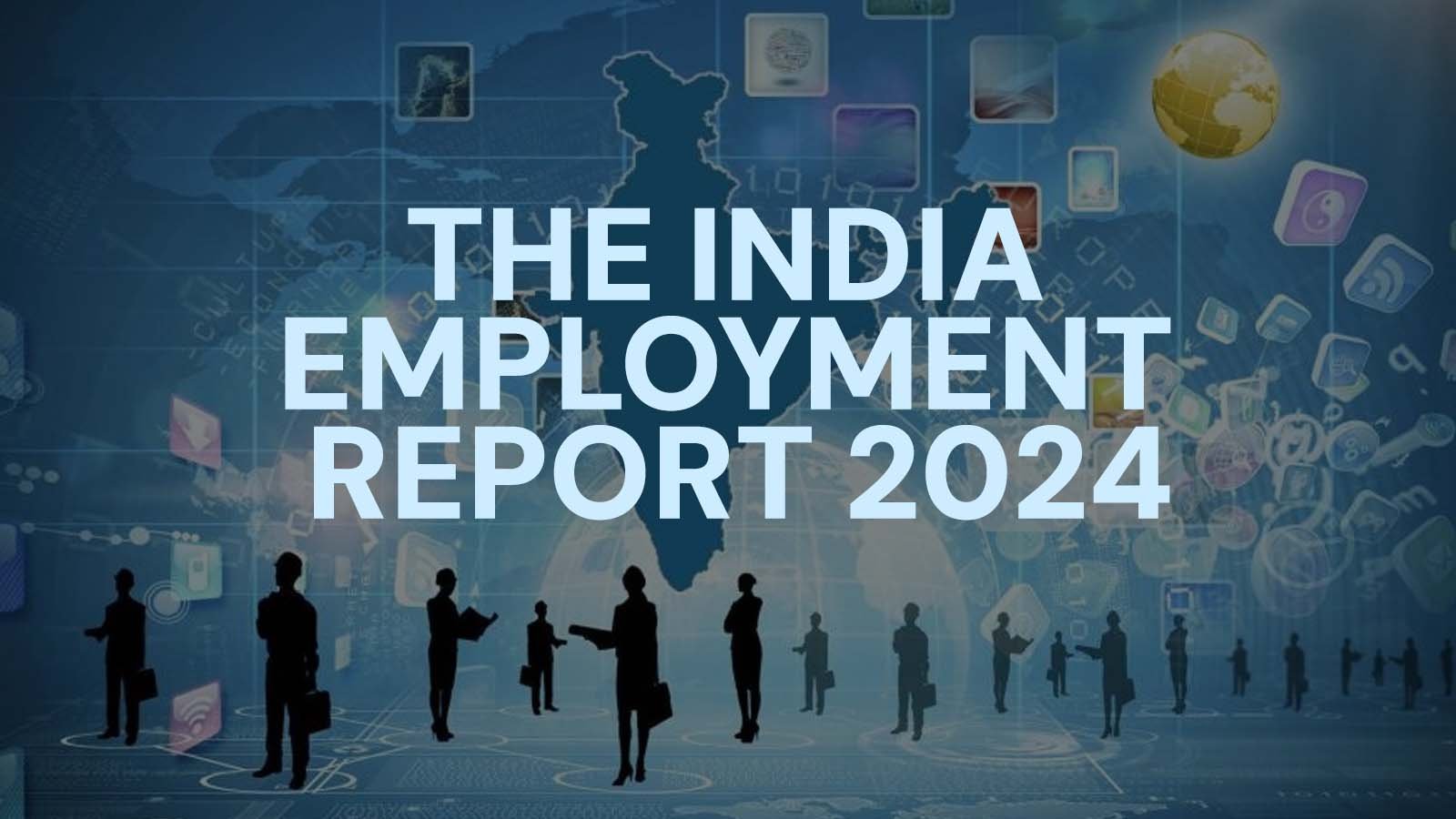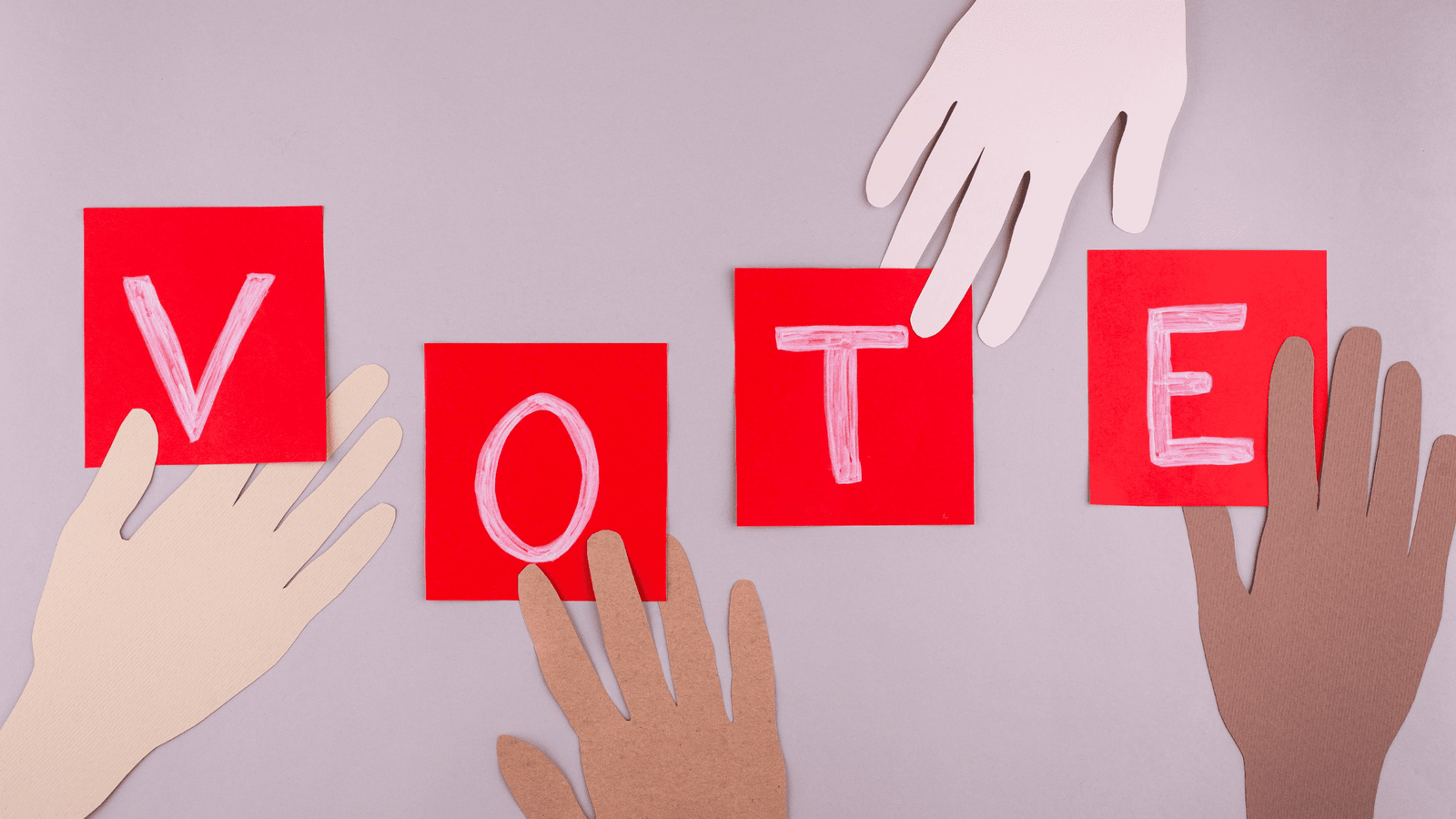
Badri Narayan writes: Unlike charisma, which denotes the magical pull of a political leader, trust capital is acquired slowly by building connections and delivering on promises.
The most valuable asset in the political arena today is “trust capital”. It has emerged as the key factor in ensuring the winnability in elections. This trust is acquired as a result of the intricate weaving of three elements — commitment (mansa), words (vacha-shabd) and action (karm).
Interestingly, the word “charisma” — used to understand the performance of candidates and parties in elections before the 1990s — is rarely used today, even for leaders who have a deep influence on a large section of the Indian people. Prime Minister Narendra Modi is the most prominent example of this. To analyse the charismatic effects of such political leaders, analysts are increasingly using phrases like trust capital. The term bears, on the one hand, impressions of market-driven terminology that became dominant post the 1990s and on the other hand, they speak of a political reality: Politicians need to forge trustworthiness by responding to people’s aspirations.
Trust capital is not the same as the phrase, “vishwaski punji”, used by common people in their everyday lives in northern India. This new term is, however, rooted in the social values related to vishwas (trust). It acquires new meaning after getting intertwined with practices related to image building, effective messaging and aggressive advertising of the initiatives and achievements of leaders and parties. Political entities that succeed in gaining the trust of the public as a result of varied engagements with the people through oral, written and visual communications gain success in electoral politics.
Unlike charisma, which denotes the magical pull of a leader, trust capital is acquired slowly by building connections and delivering on promises. It’s also linked to the reception given by people to the performances of politicians. An appropriate political agenda, proper distribution of resources, successful delivery and positive impacts of welfare programmes contribute towards enhancing trust capital. Primordial identities such as caste and religion as well as the social and moral standing of leaders and parties help them to consolidate this hard-earned public trust.
No one can deny that PM Modi has the greatest amount of trust capital in Indian politics today. People trust him, despite the criticism circulating in a section of social media. That is one of the reasons for the BJP’s victory in the recent state elections — and in past elections as well.
Despite all its efforts, the Congress has not been able to regain the trust capital that it lost due to multiple reasons. The Congress, which used to over-rely on the charismatic power of the Nehru family, has not been able to understand that the notion of charisma is redundant today. The party and its leaders need to accumulate trust capital through appropriate political messaging and by convincing people about their capacity to deliver on commitments. The AamAadmi Party and its leader Arvind Kejriwal seem to be doing well on this count. Kejriwal has been trying to project the AAP as a party committed to pro-poor social welfare programmes that deliver on its promises. He has also showcased his politics as corruption-free.
Since the AAP is a new party, it has no baggage, so the youth in a number of states see a political career in the party. Their respective cadres trust the BJP and AAP because these parties have no dynastic lineage. However, the allegations that the AAP is dominated by a group close to Kejriwal could weaken the democratic fervour in favour of the party.
In the coming Gujarat and Himachal Pradesh assembly elections, the BJP, Congress and AAP are going to contest with their accumulated trust capital and also make efforts to enhance it. PM Modi, Rahul Gandhi and Kejriwal may well use their trust capital to influence the electorate of these states. However, trust capital is dynamic — it can increase or decrease. Political groups need to constantly enhance it by linking their words with actions.
Trust capital works silently. At times, we are unduly impressed by crowds in rallies. In the coming elections, we should not make the mistakes that many of us made during the UP assembly elections: Listening to those who speak and assert but failing to listen to silence. So let’s keep our ears open to the silent support produced by trust capital in the coming elections.
